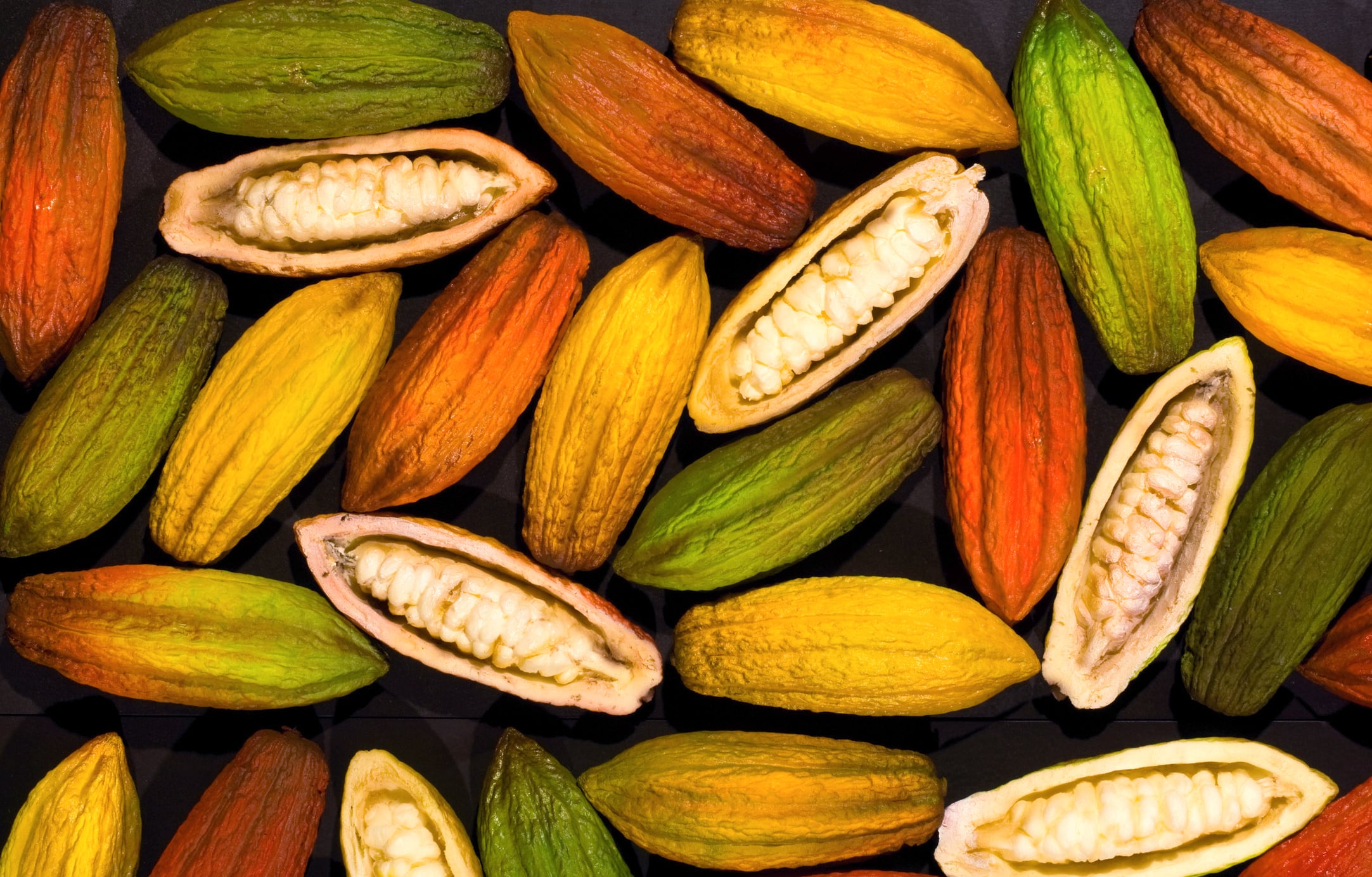
Nestlé, Mondelēz, Mars, Barry Callebaut: Which chocolate giants are diversifying?
The cocoa crisis is winding down, but the biggest producers of chocolate still want to protect themselves in a volatile sector
News & Analysis on Food & Beverage Development & Technology

The cocoa crisis is winding down, but the biggest producers of chocolate still want to protect themselves in a volatile sector
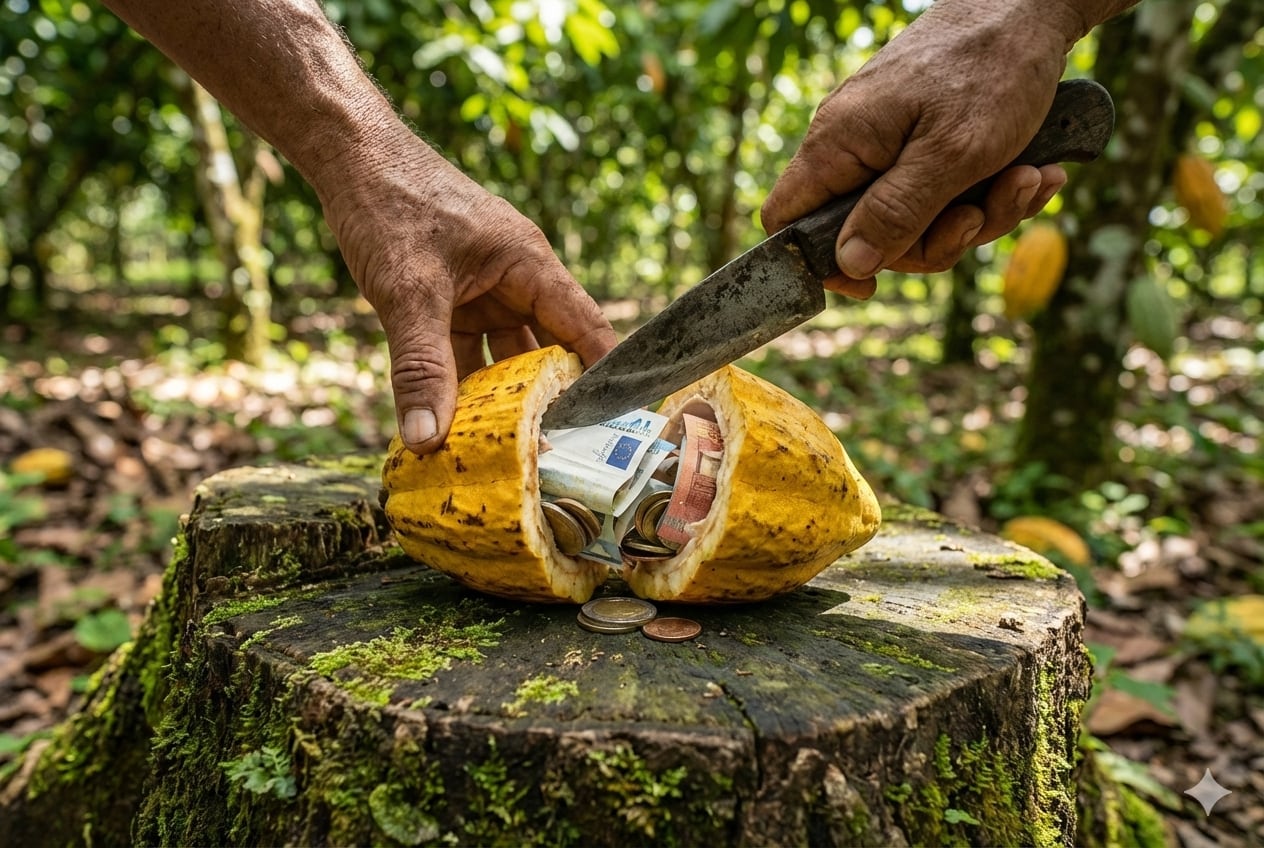
Key players in chocolate already have the year’s cocoa supply locked in. But smaller players may not
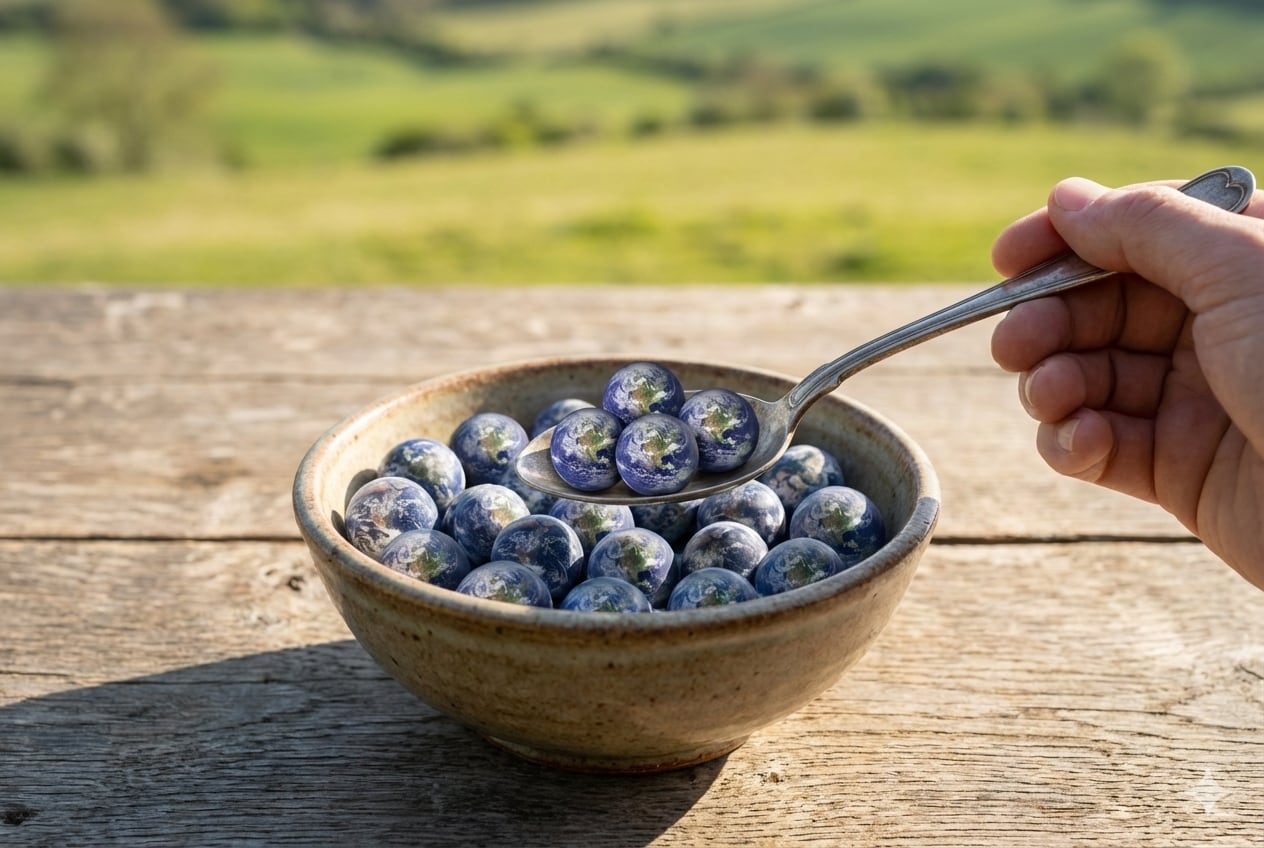
In some sectors, sustainability is declining; in others, it’s flourishing
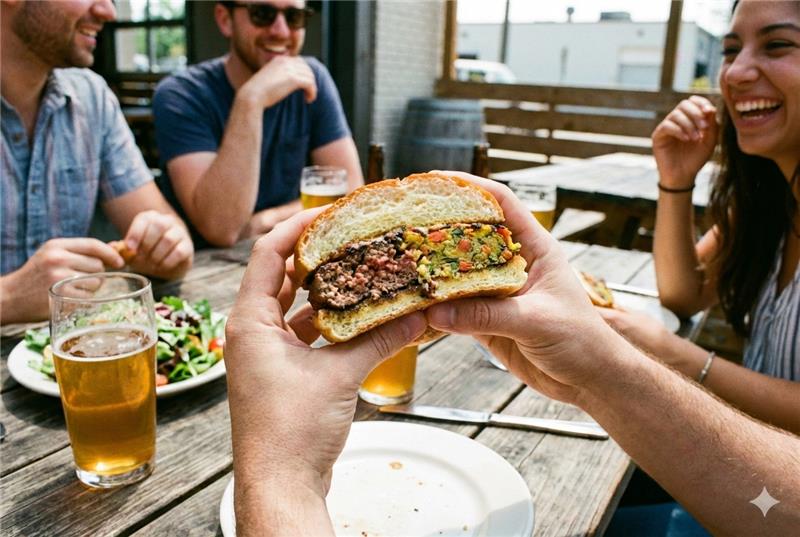
Industry is showing keen interest in the hybrid trend
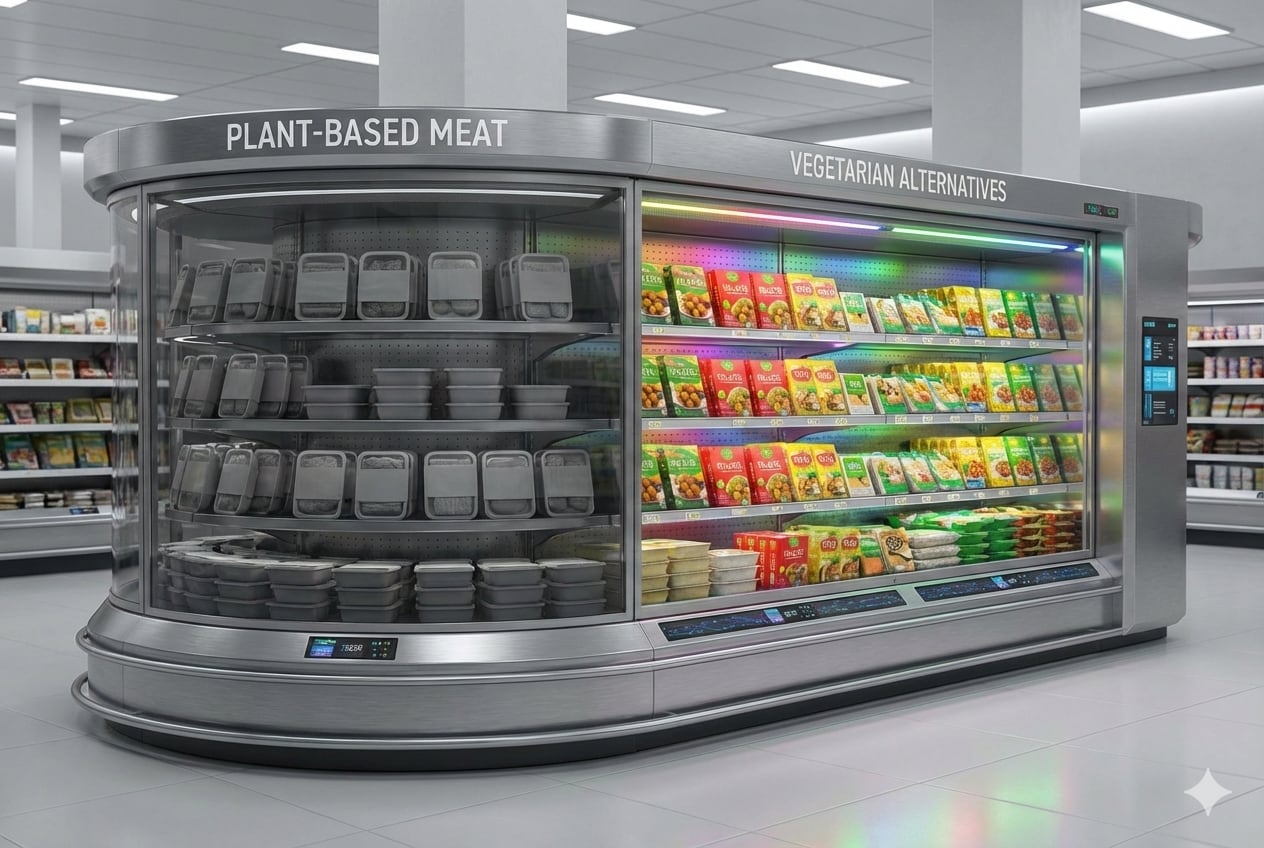
Opinion
Meat mimicry shows little sign of broad appeal, yet plant-based foods have opportunities beyond it
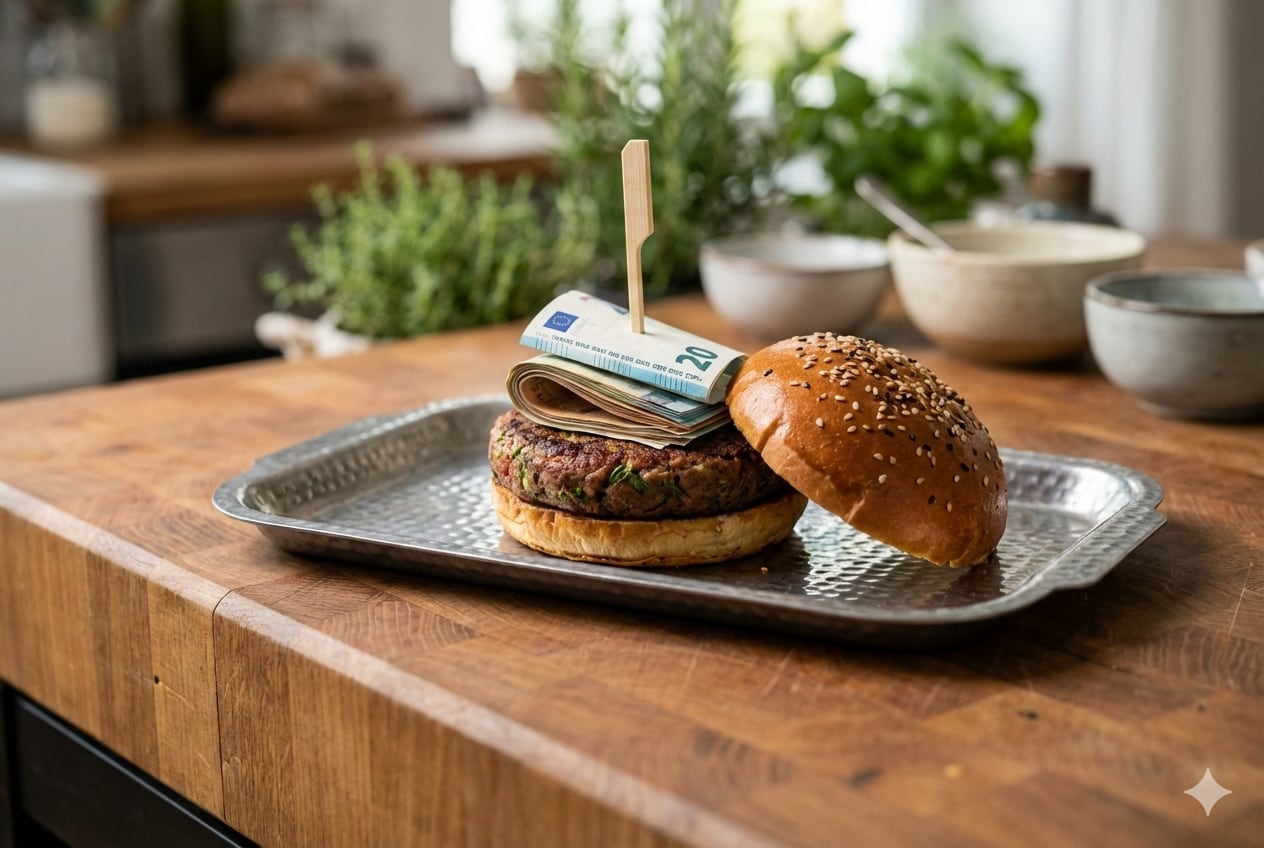
Could alt meat still have economic potential?
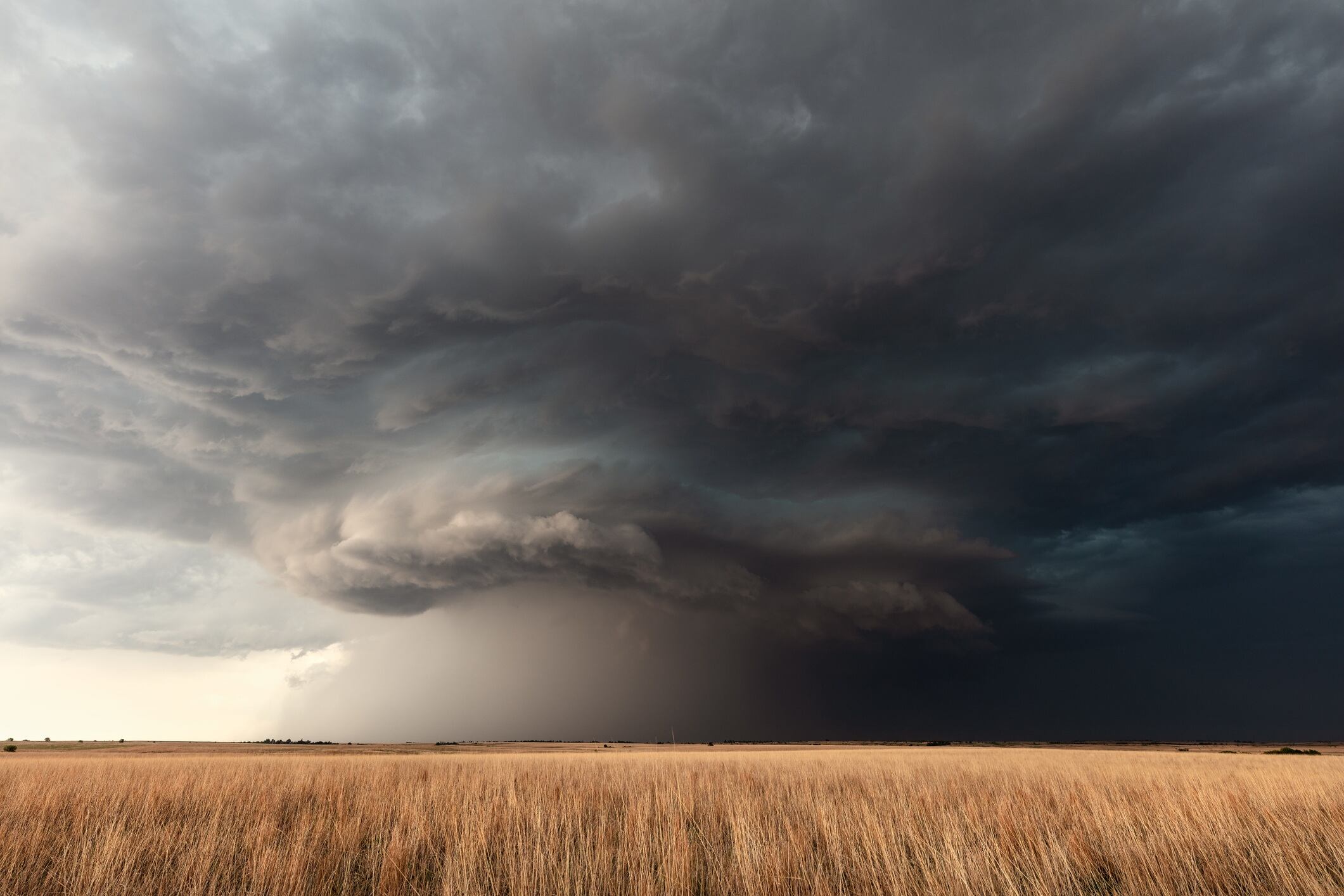
As climate change intensifies the global food system is being stretched to its limits. Can real‑time data and rapid response strategies help manufacturers stay ahead?
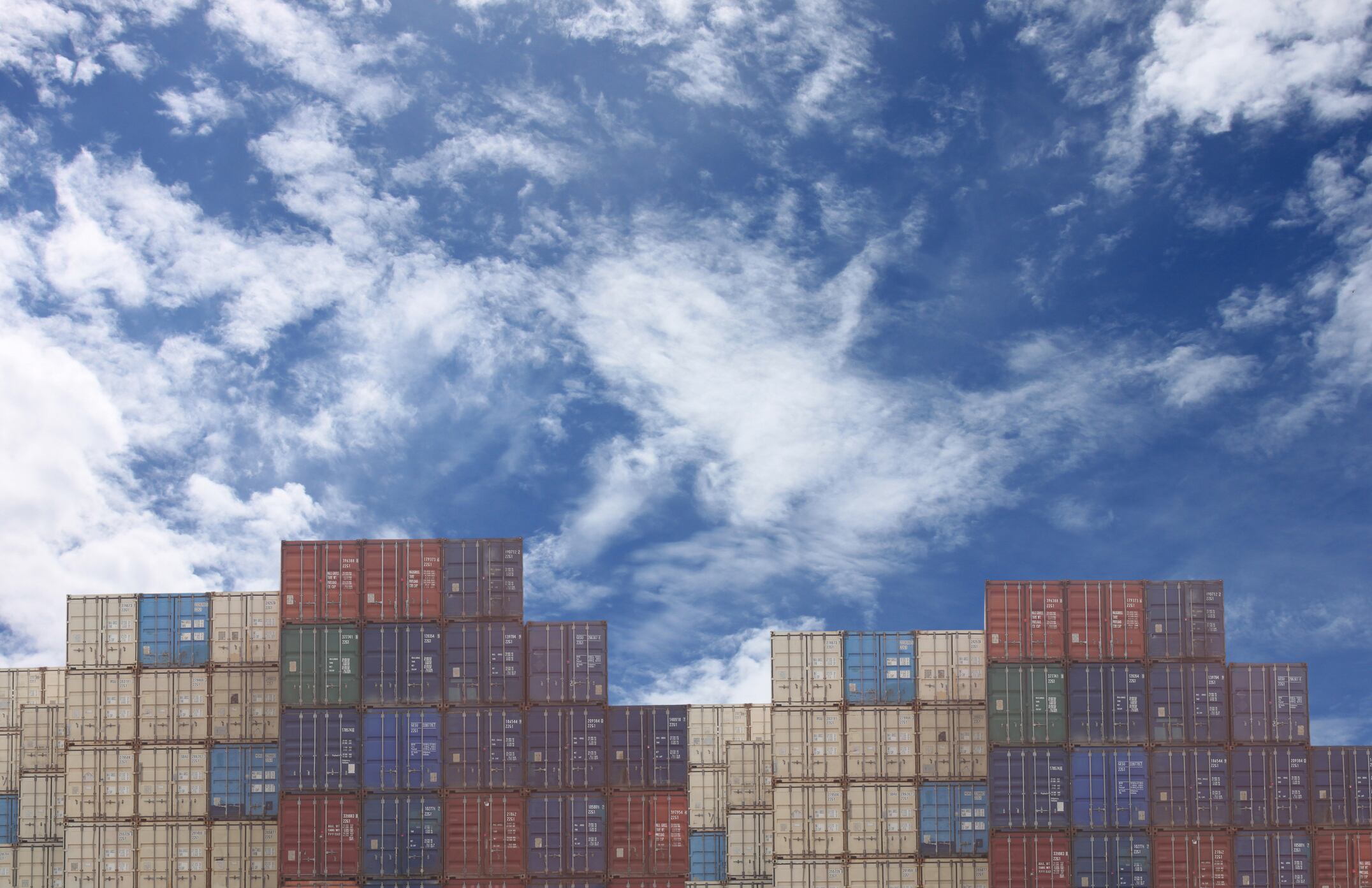
With market uncertainty coming from every angle, F&B makers must be ready
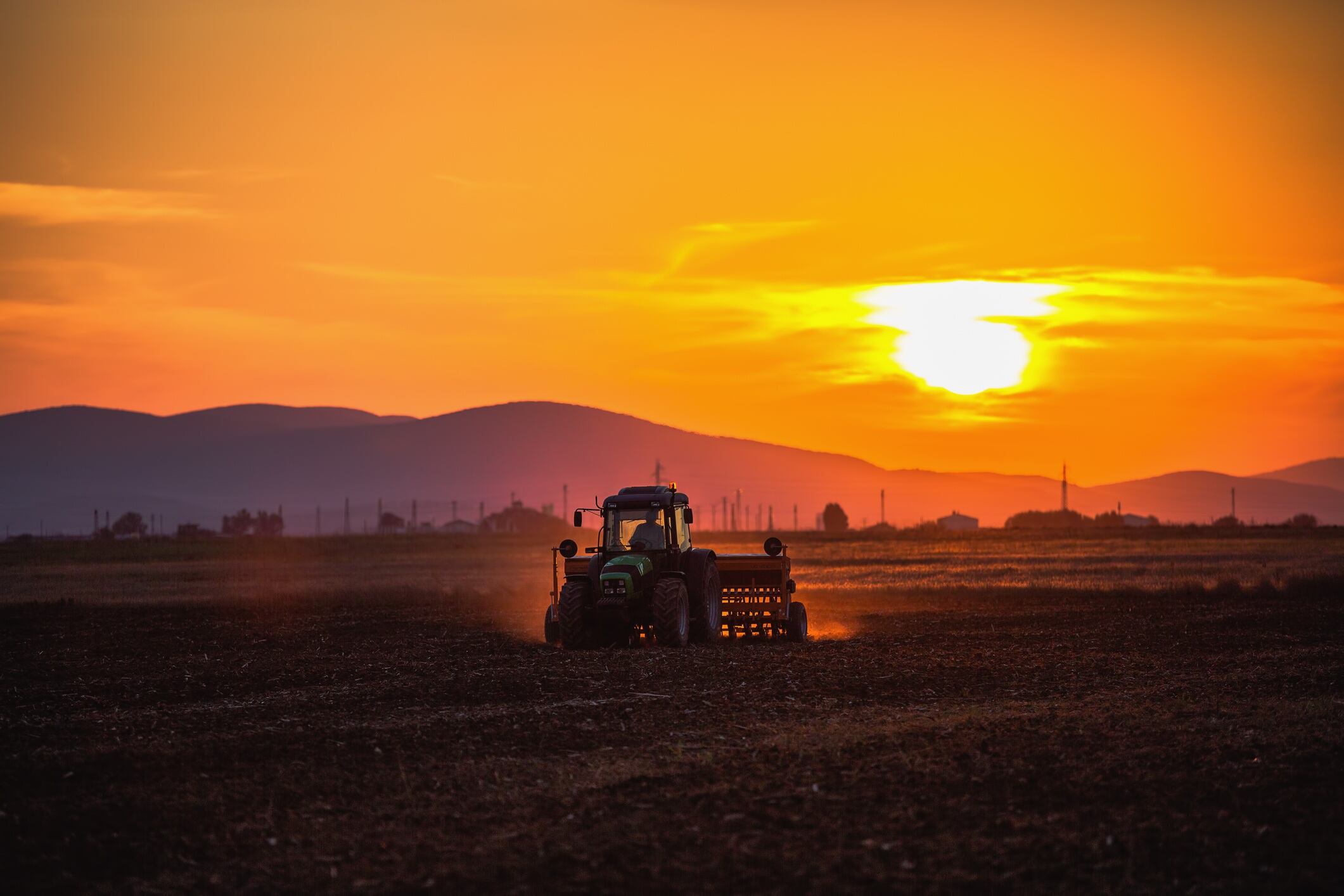
Nestlé’s new sustainability partnerships could redefine regenerative agriculture for the wider industry
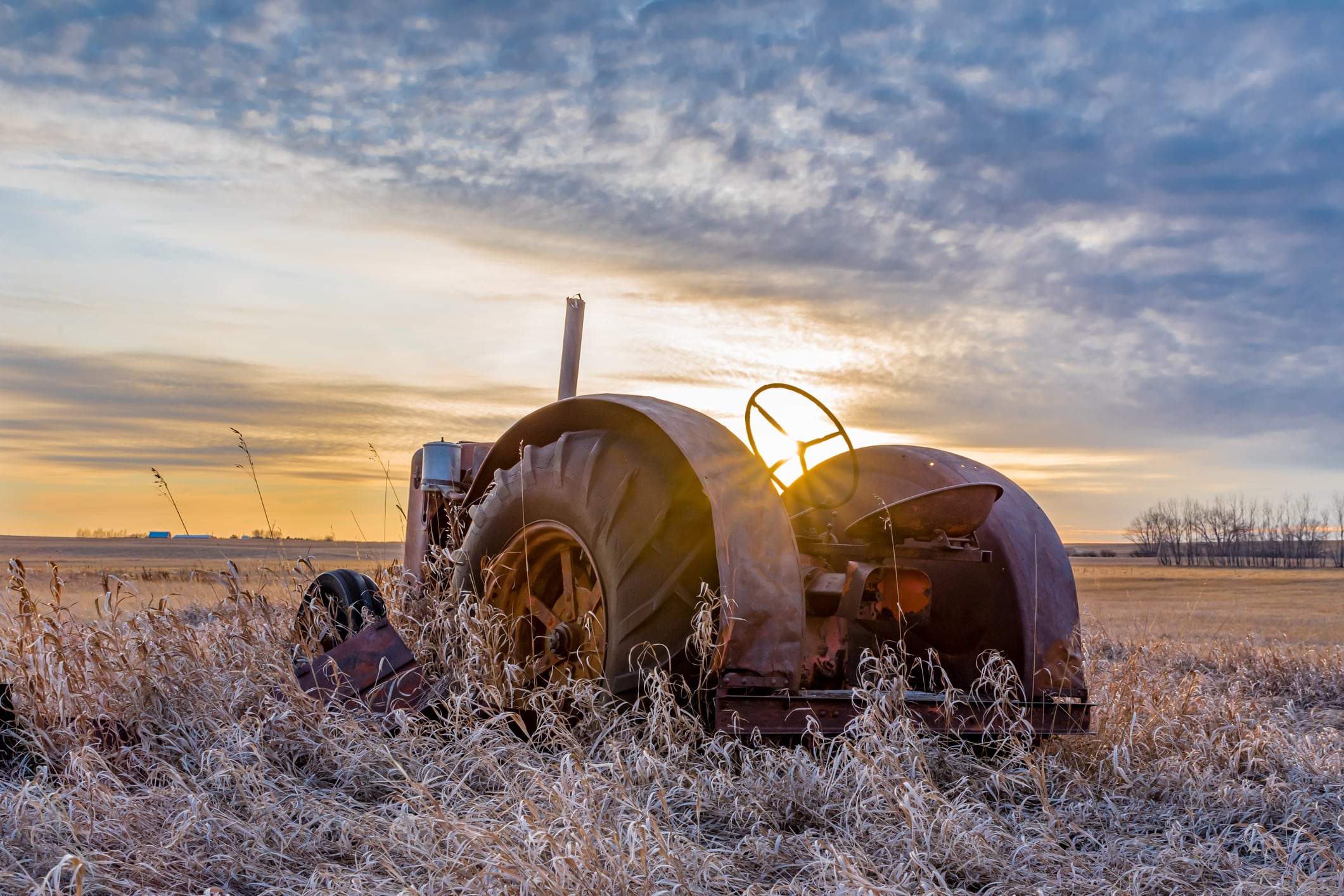
A move towards plant-based food production could see farmers losing out - by billions
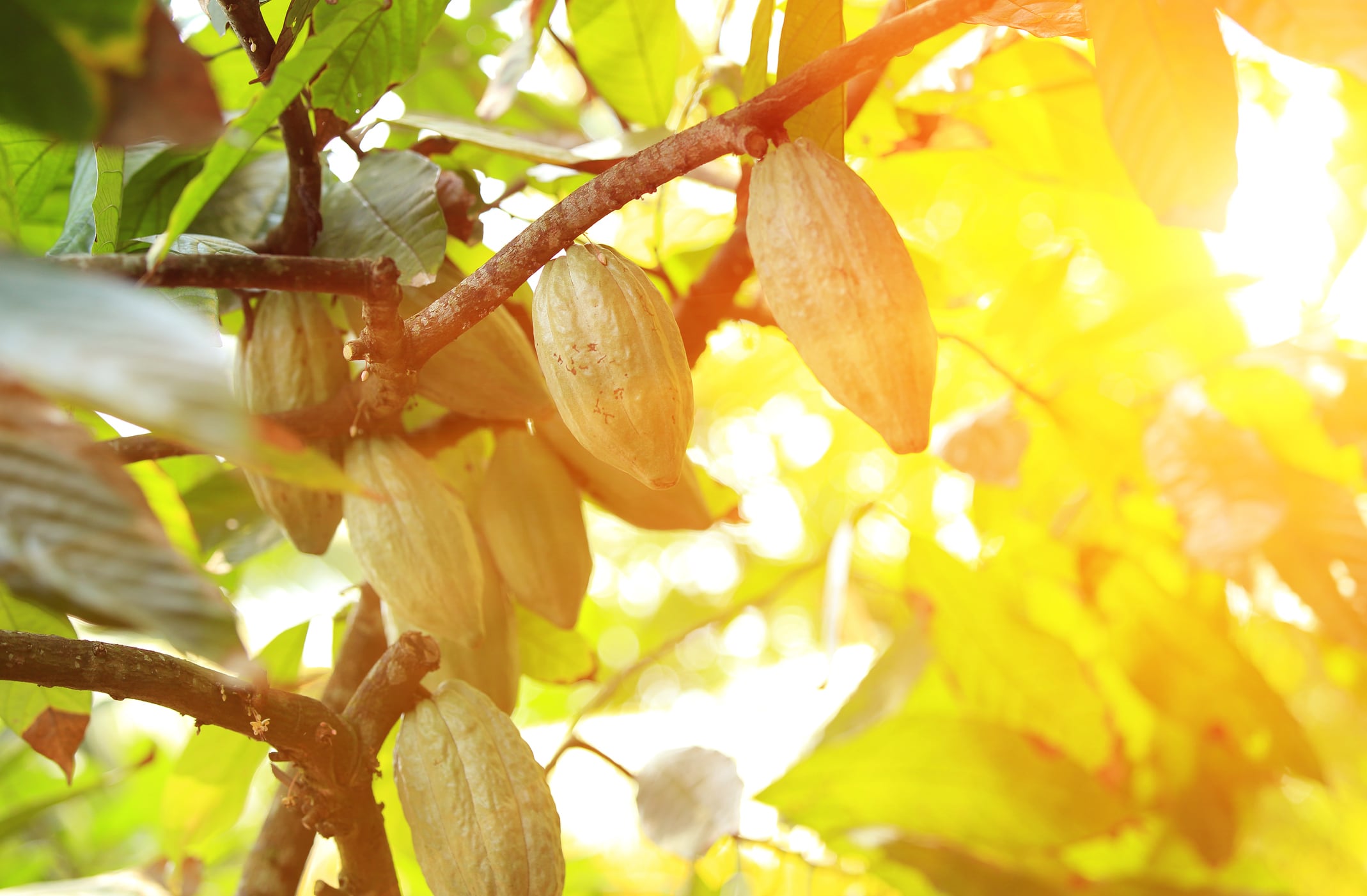
Right now, the dizzying price spikes of the past two years have largely disappeared
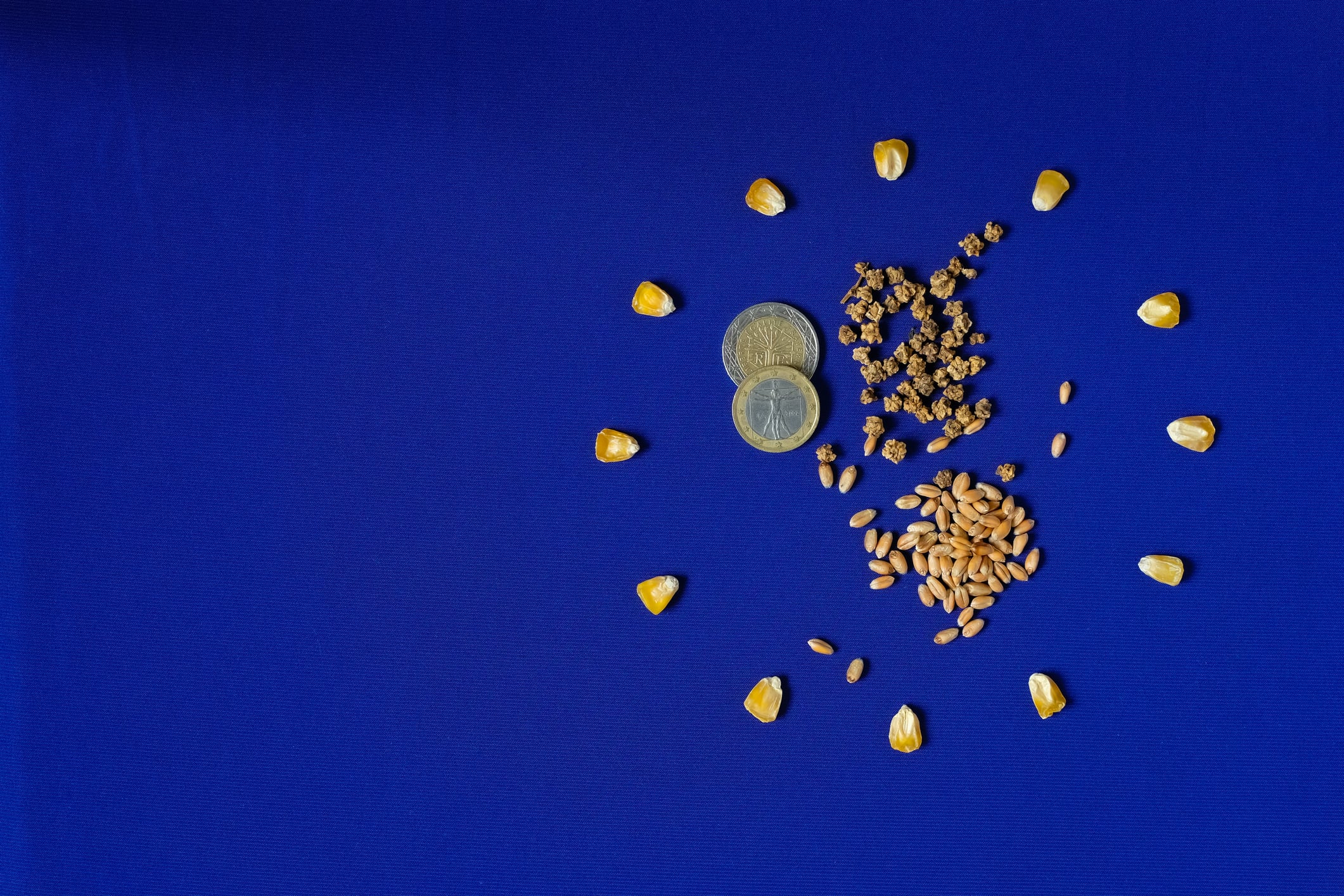
The long-awaited deal has hit another roadblock
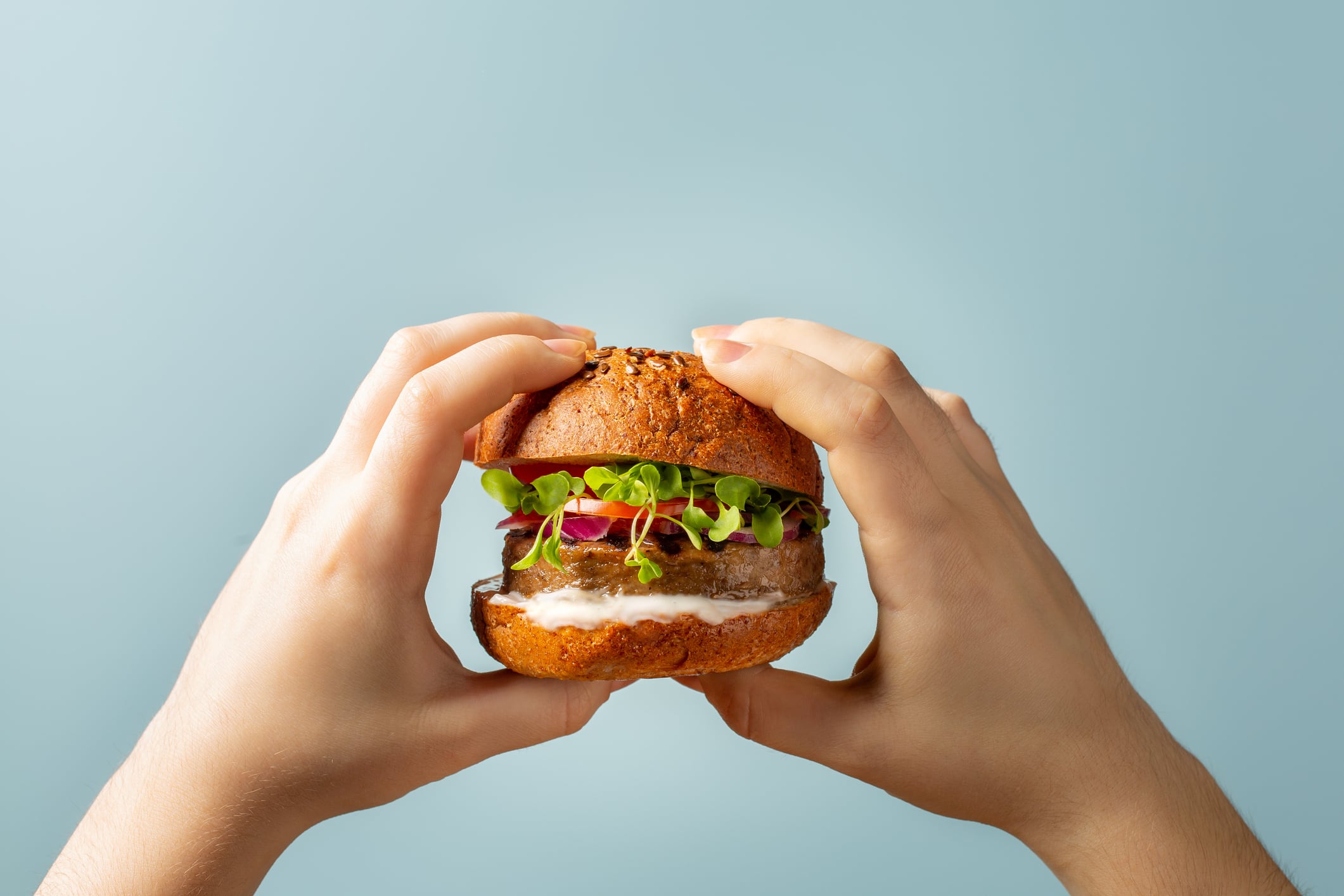
As Beyond, once one of plant-based’s leading brands, expands into drinks, the future of the sector is far from clear
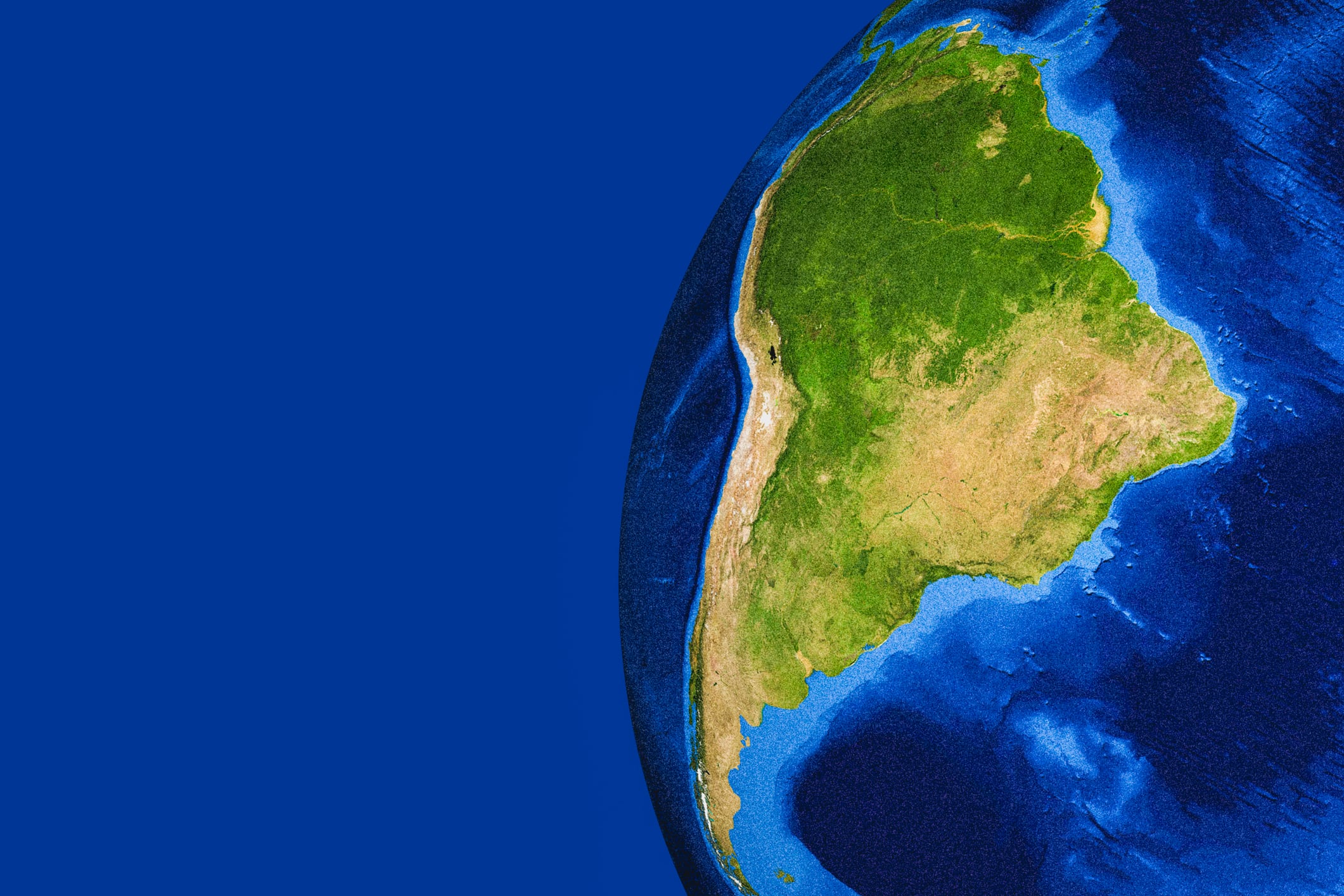
The treaty secures greater access for EU producers to South American markets and strengthens protections for GI products
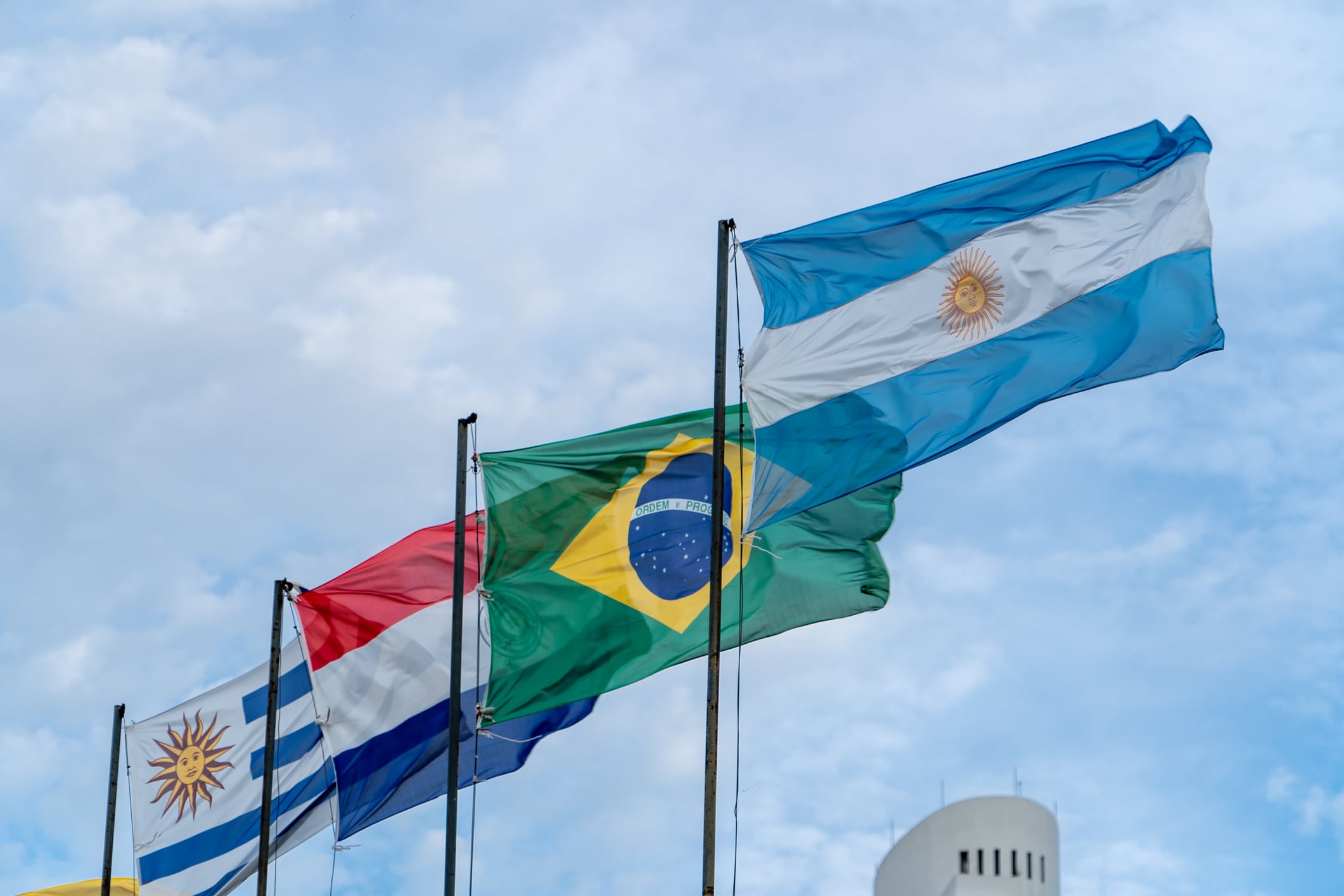
The landmark trade deal with the Latin American bloc will have long-lasting impacts on the food sector

Pet diets can sometimes have a higher climate impact than their owners’

Water is a vital part of food production
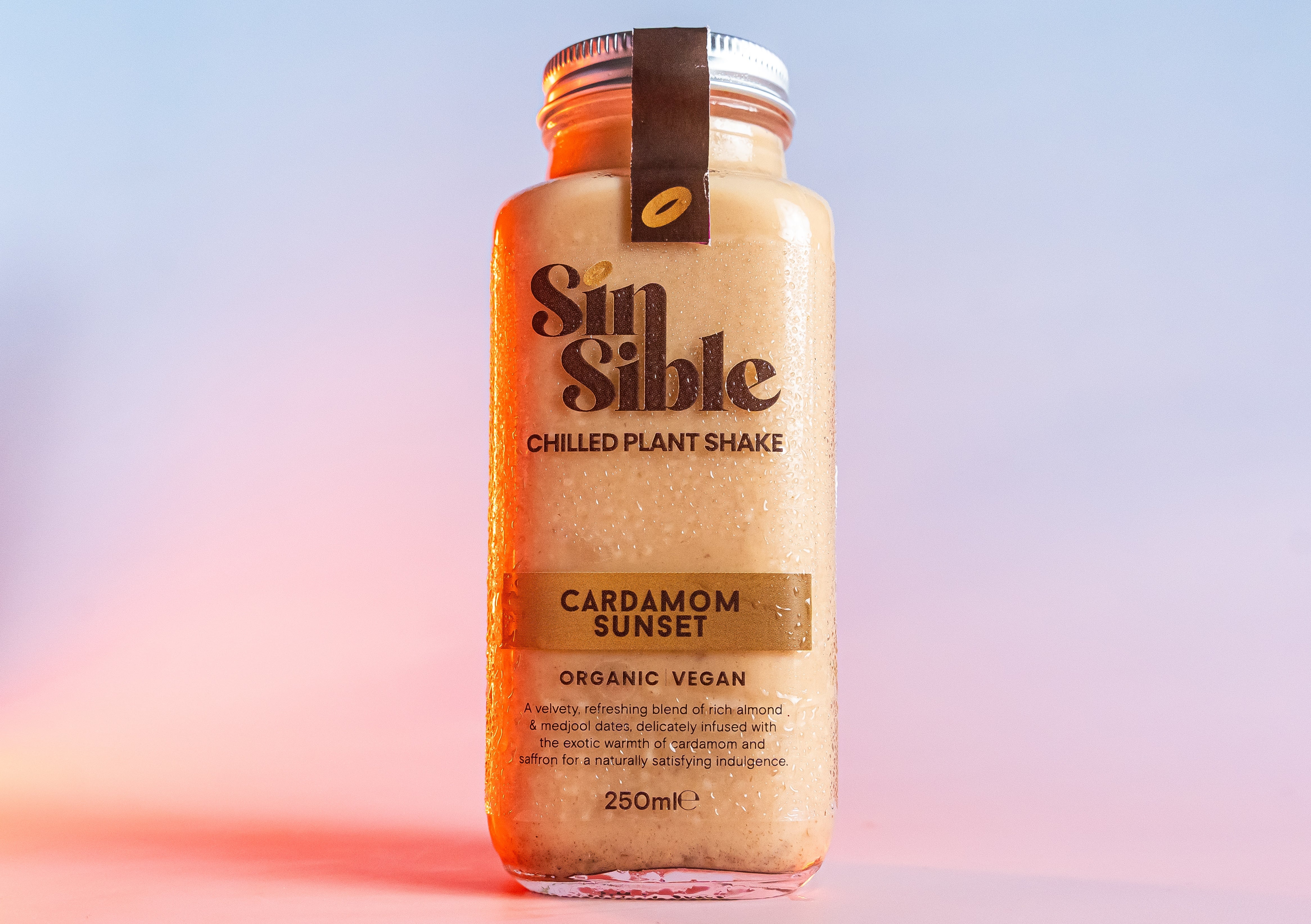
Finance professional turned food entrepreneur Masuma Zahara Bukhari brings an exotic flair to the fast-growing functional dairy-free category

The measure aims to protect French farmers from ‘unfair competition’

Chocolate is undergoing a dramatic transformation. From cutting‑edge cocoa‑free innovation to the rise of premium indulgence, discover how makers and brands are reinventing the world’s favourite treat

From yeast‑based oils to CO₂‑derived fats, discover which next‑gen palm oil alternatives are closest to commercial scale and why 2026 could be a breakthrough year

Opinion
By explicitly cutting off novel foods from use in regulatory sandboxes, the EU is stifling innovation
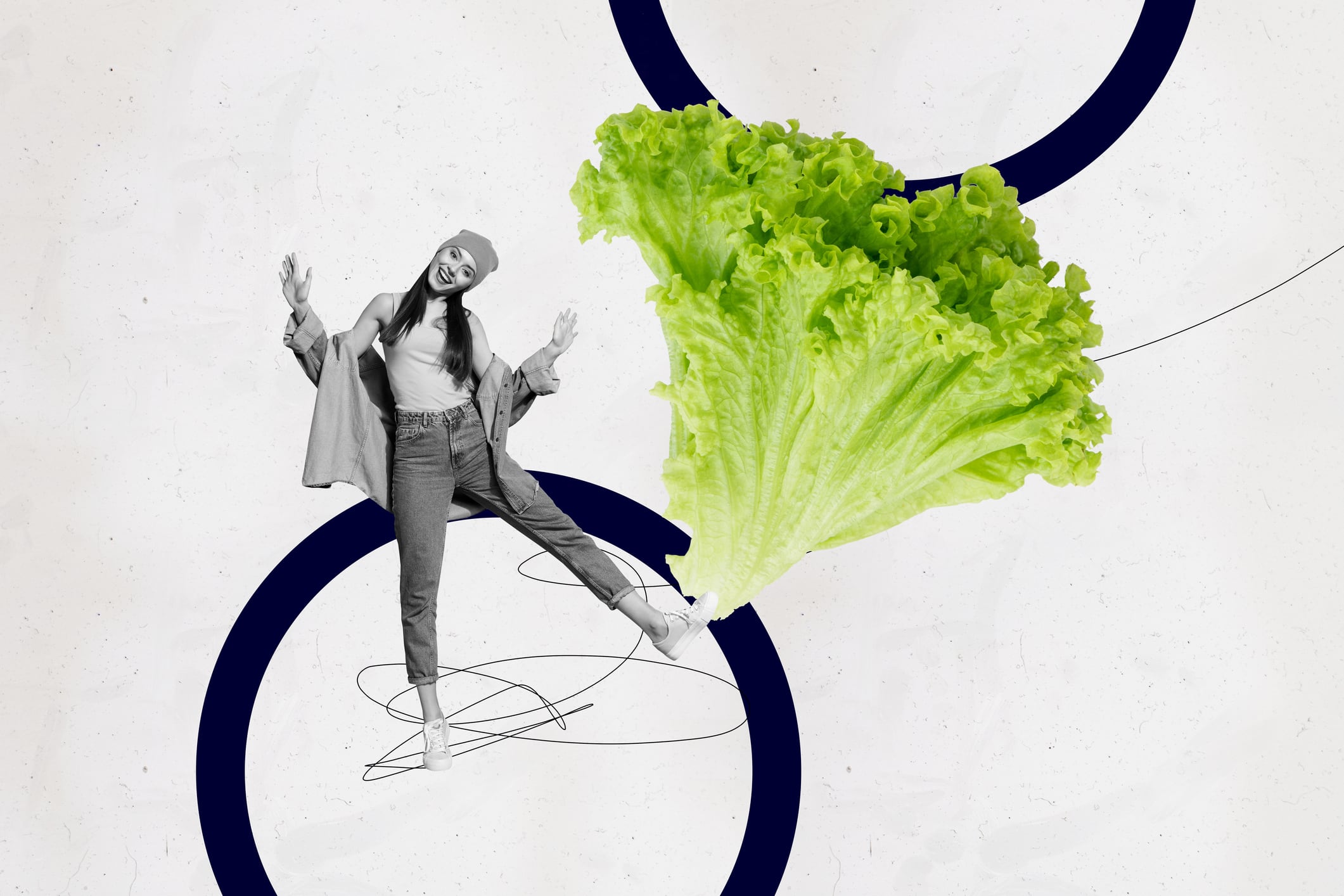
What predictions were right, and which ones didn’t come to pass?
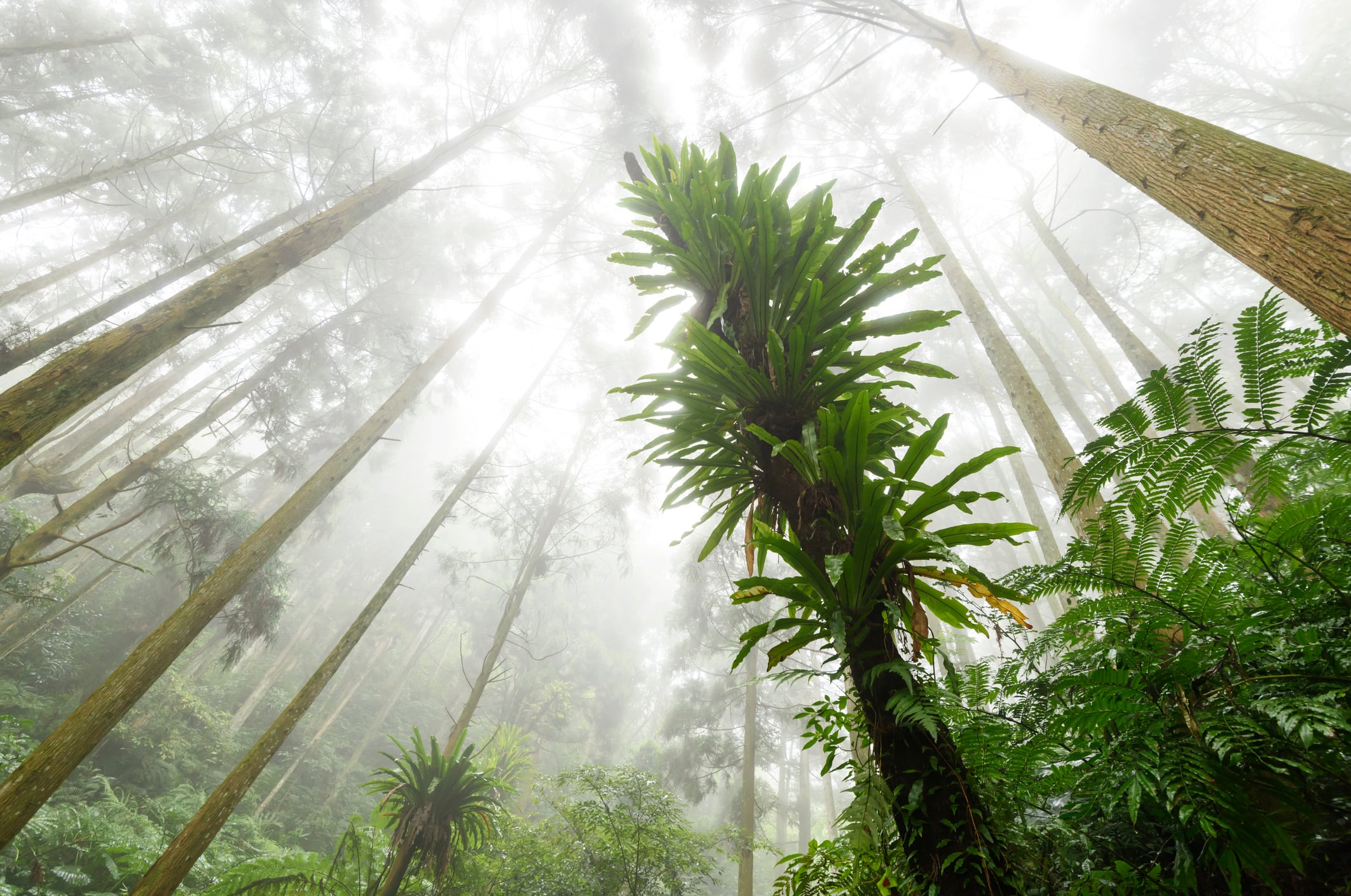
The deforestation regulation’s postponement comes after a year of political wrangling

Chocolate makers has been significantly impacted by the cocoa crisis. Ingredient innovation offers a solution
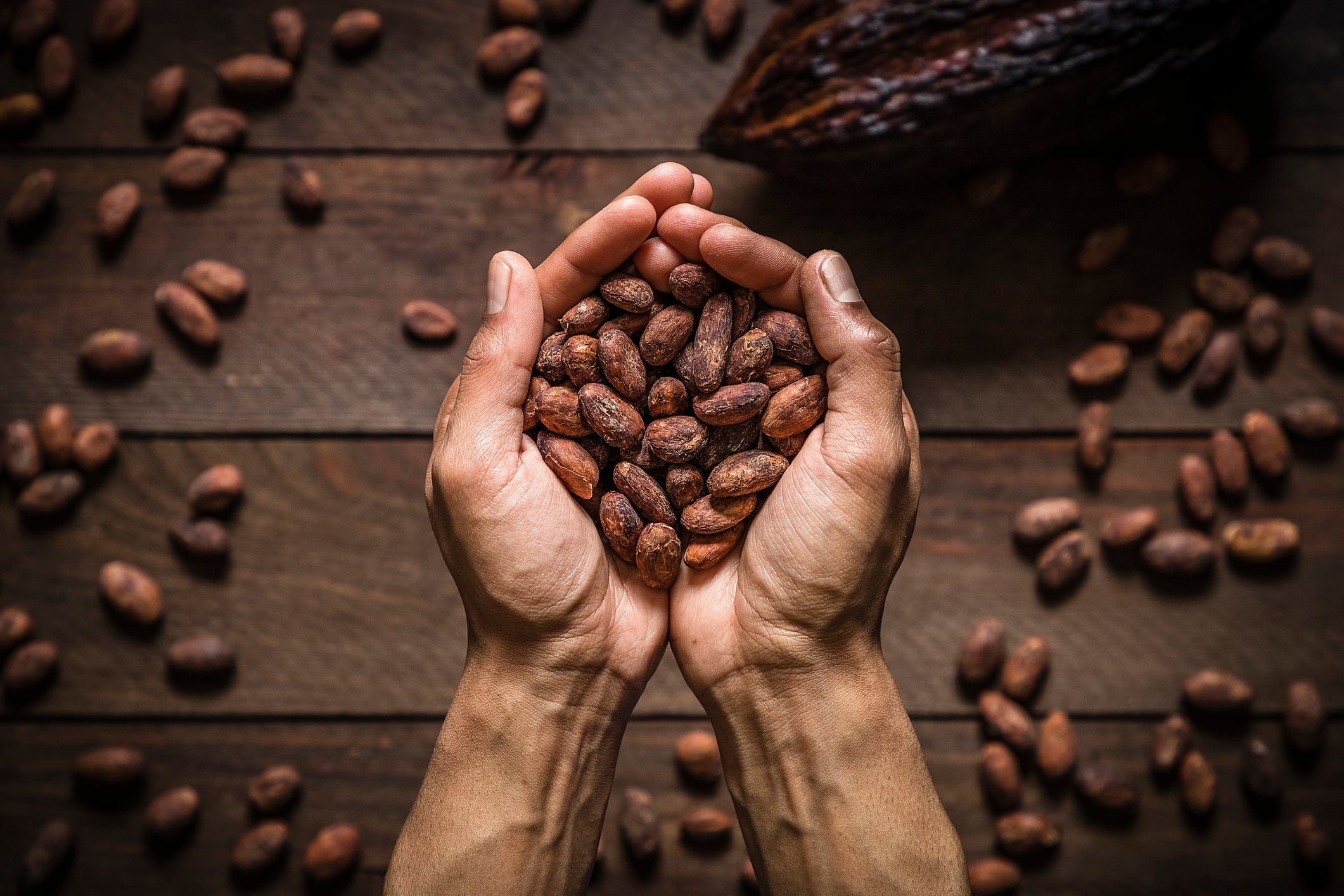
Climate cooling isn’t enough to save cocoa, wine, and coffee – industry needs to do more to protect these crops for the future
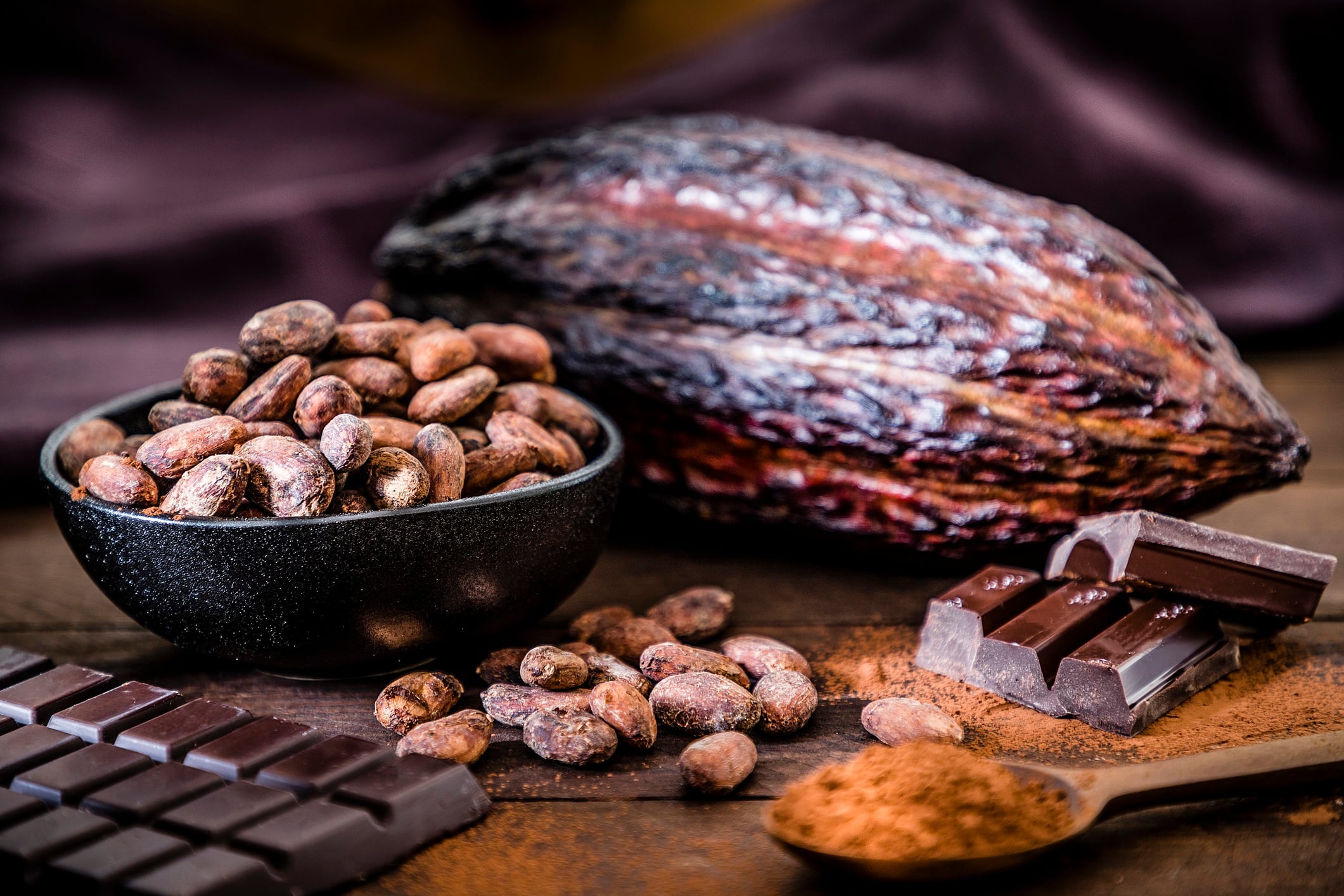
Better fortunes for under-pressure commodities suggest that the worst could be, for now, behind us
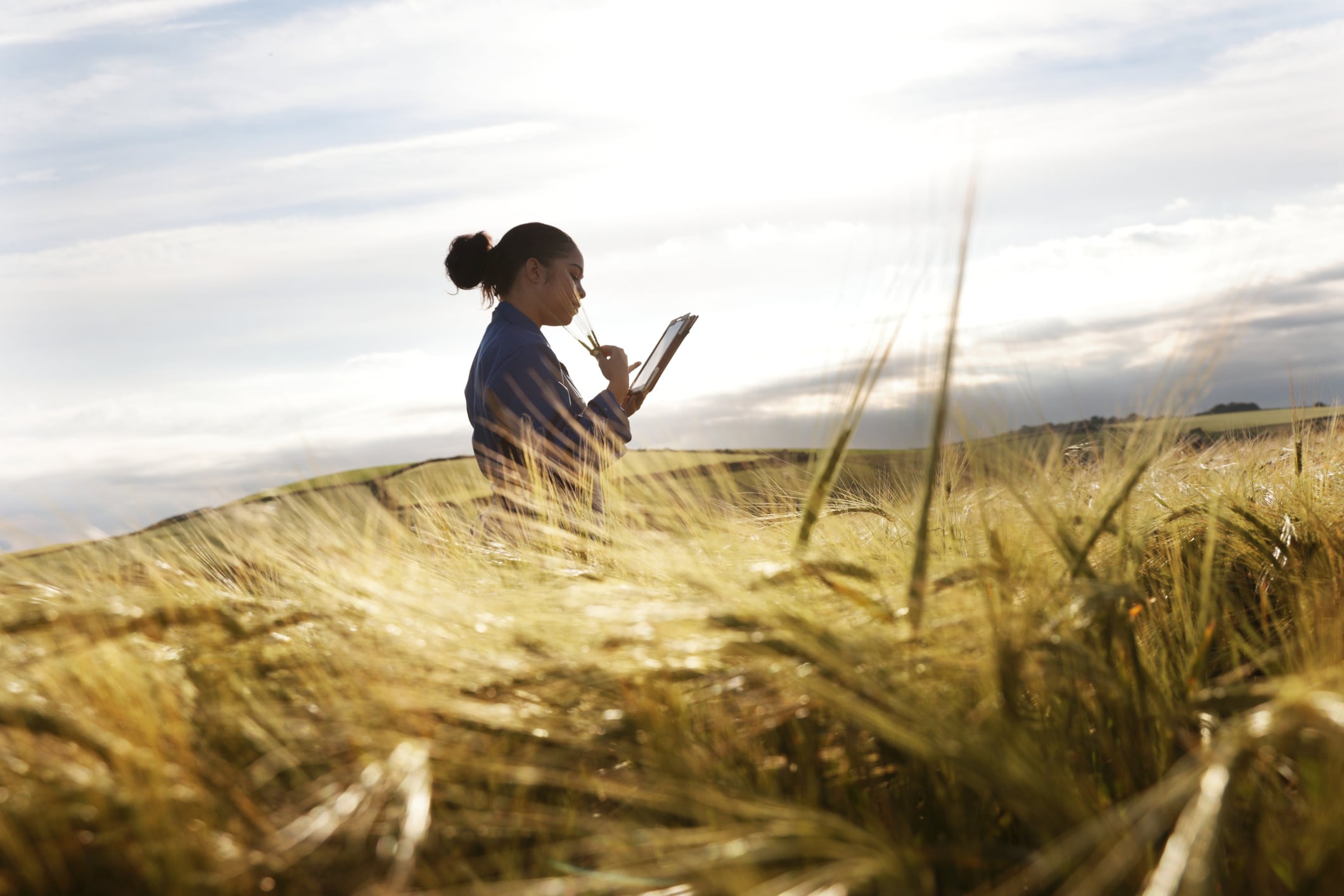
The innovative gene editing technique can make crops more disease and drought resistant, but faces scepticism from regulators and NGOs
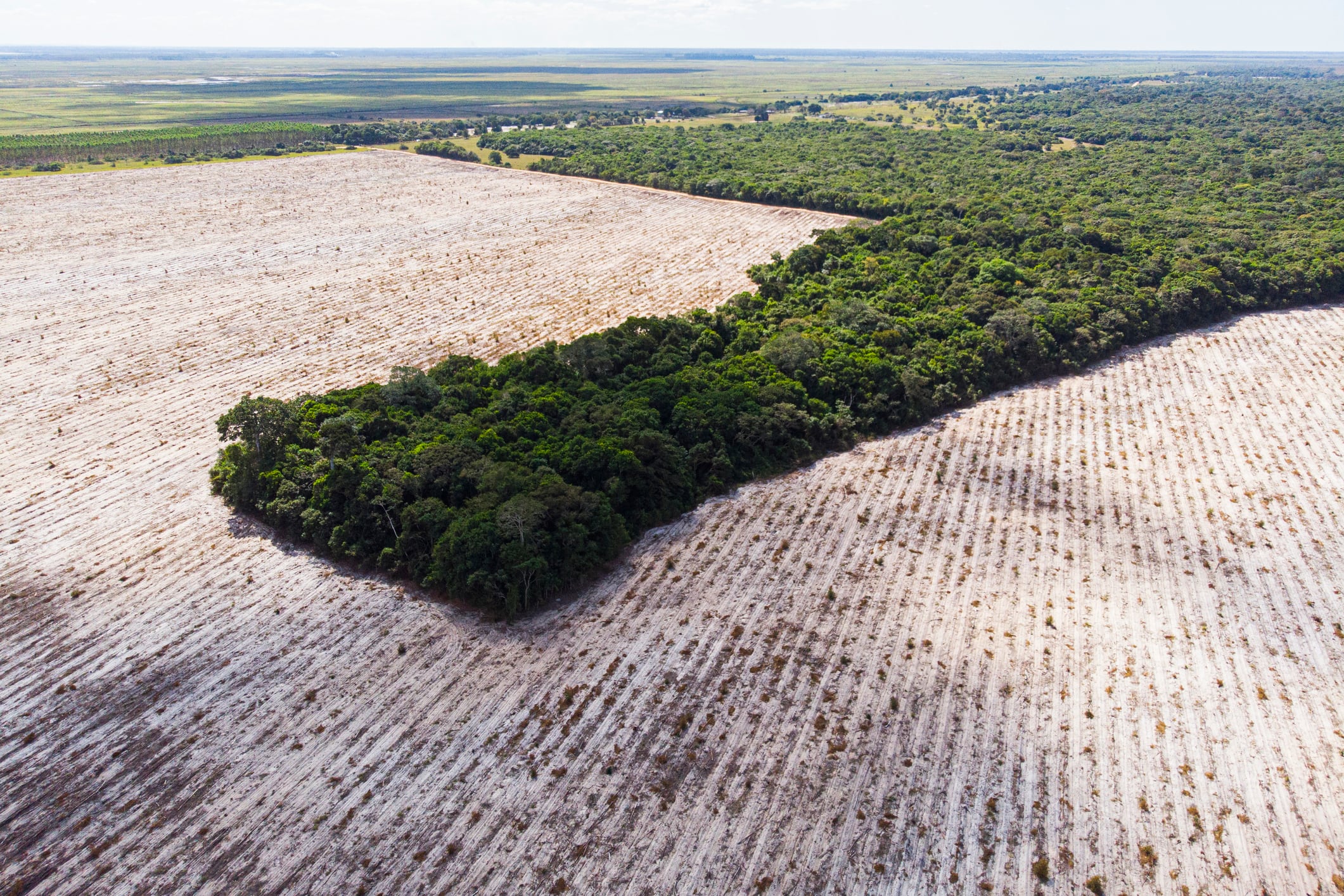
The Council and Parliament have decided to postpone the landmark regulation
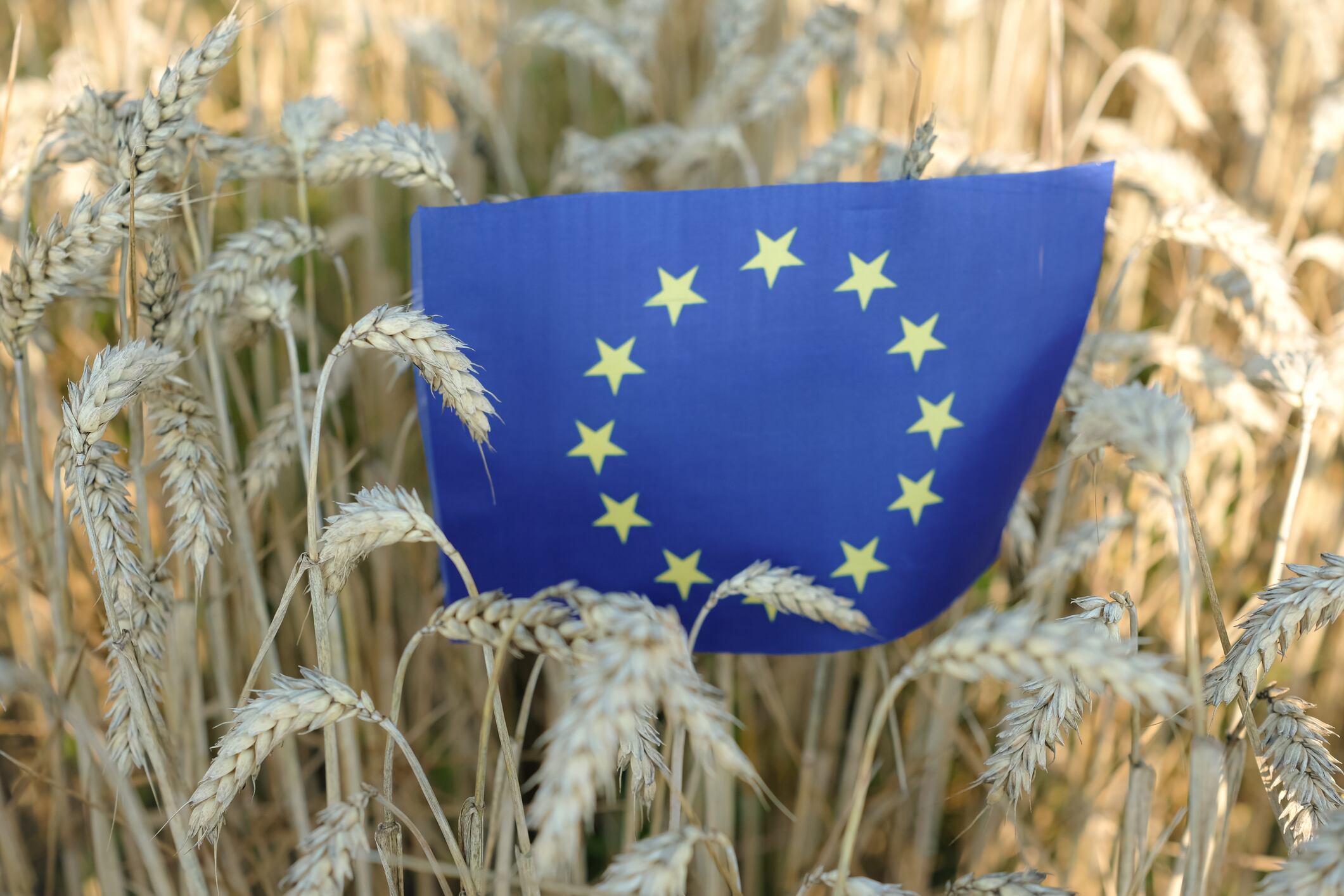
The wide ranging strategy touches on both packaging and novel foods

Climate shocks, farmer shortages, and price volatility threaten chocolate’s future, but innovation and sustainability offer a solution

The landmark deforestation regulation is a step closer to being postponed following a vote in European Parliament
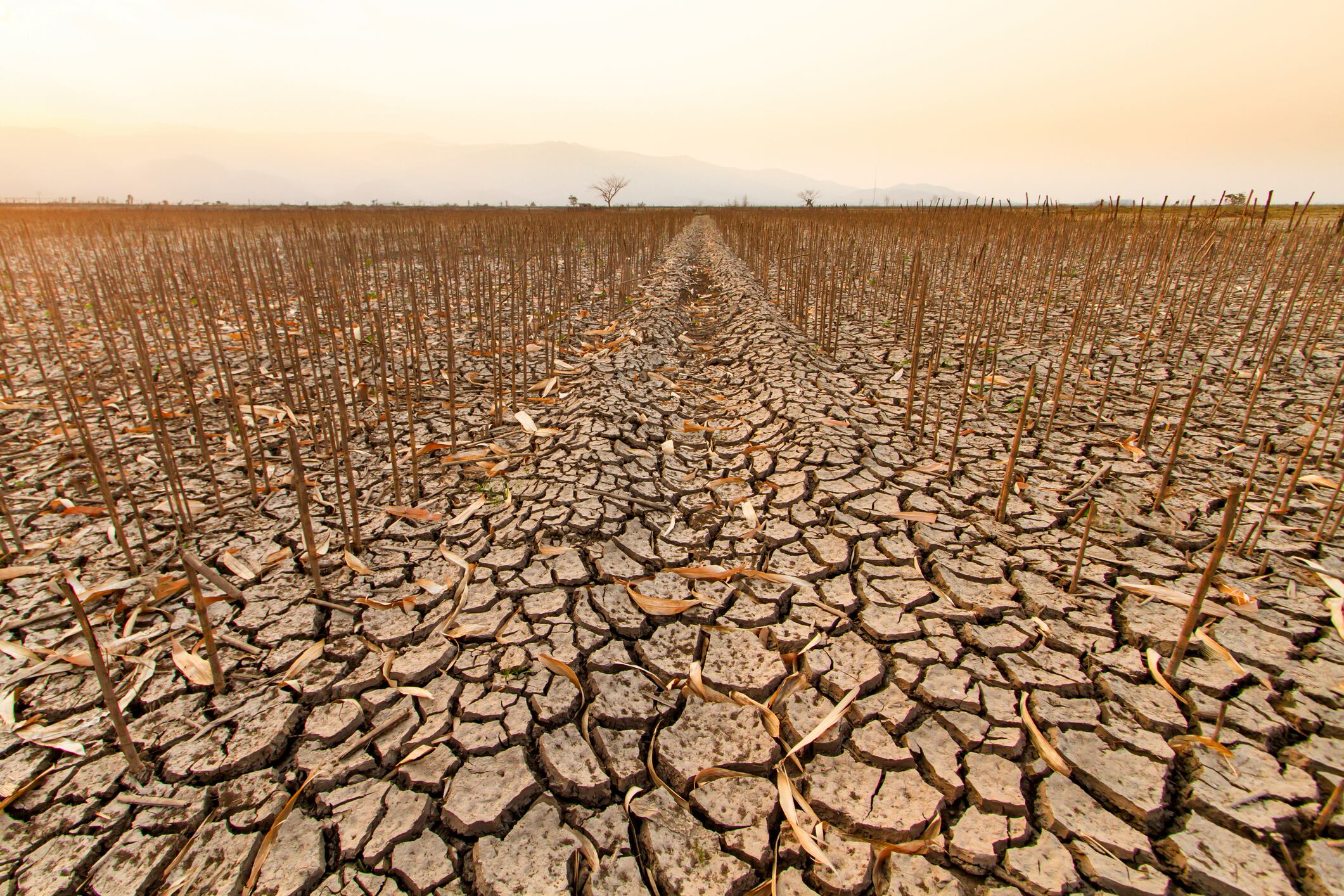
Land degradation is one of many threats to agricultural yields globally
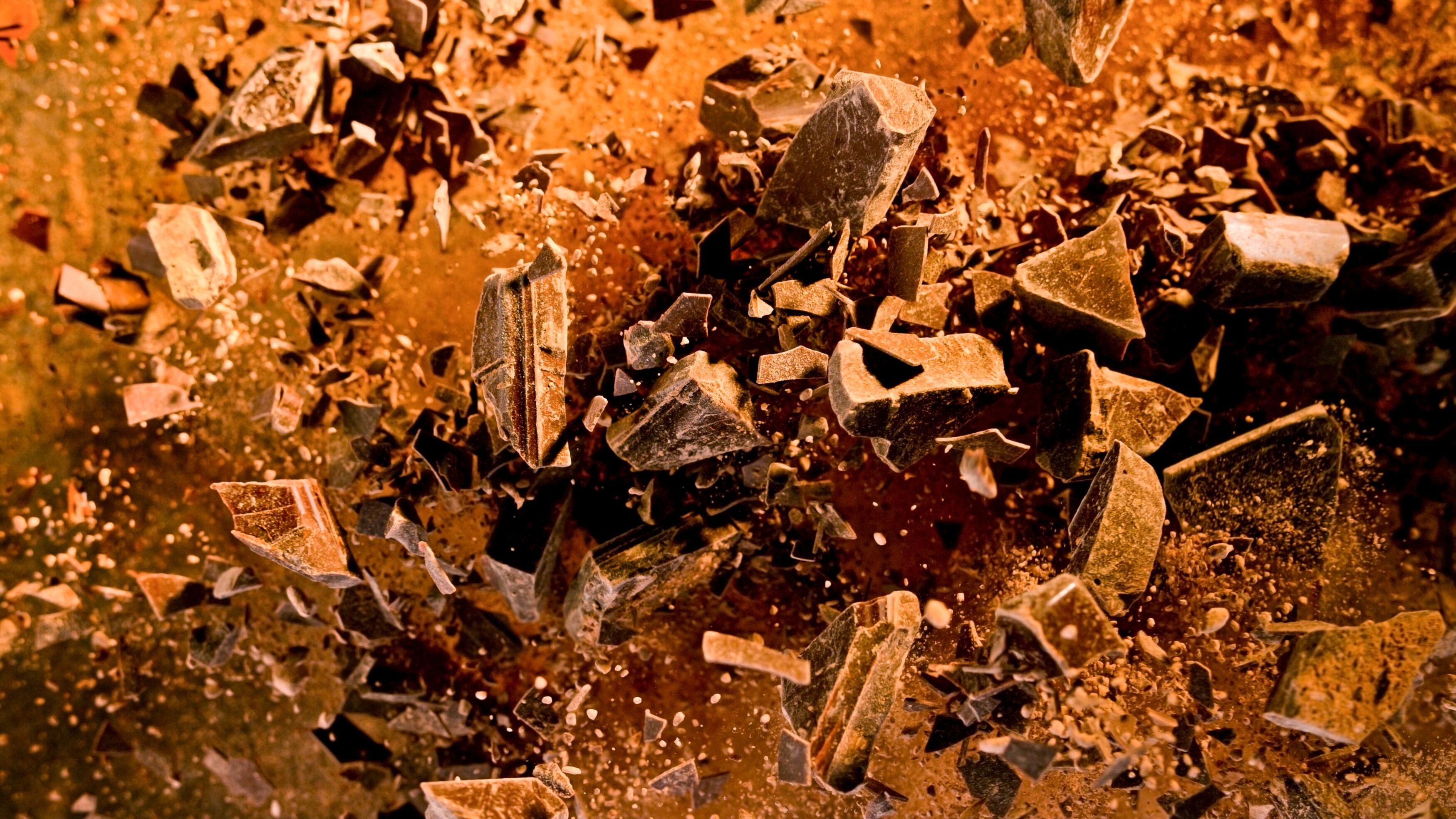
The cocoa crisis is forcing chocolate manufacturers to rethink everything - from sourcing and compliance to innovation and consumer trust
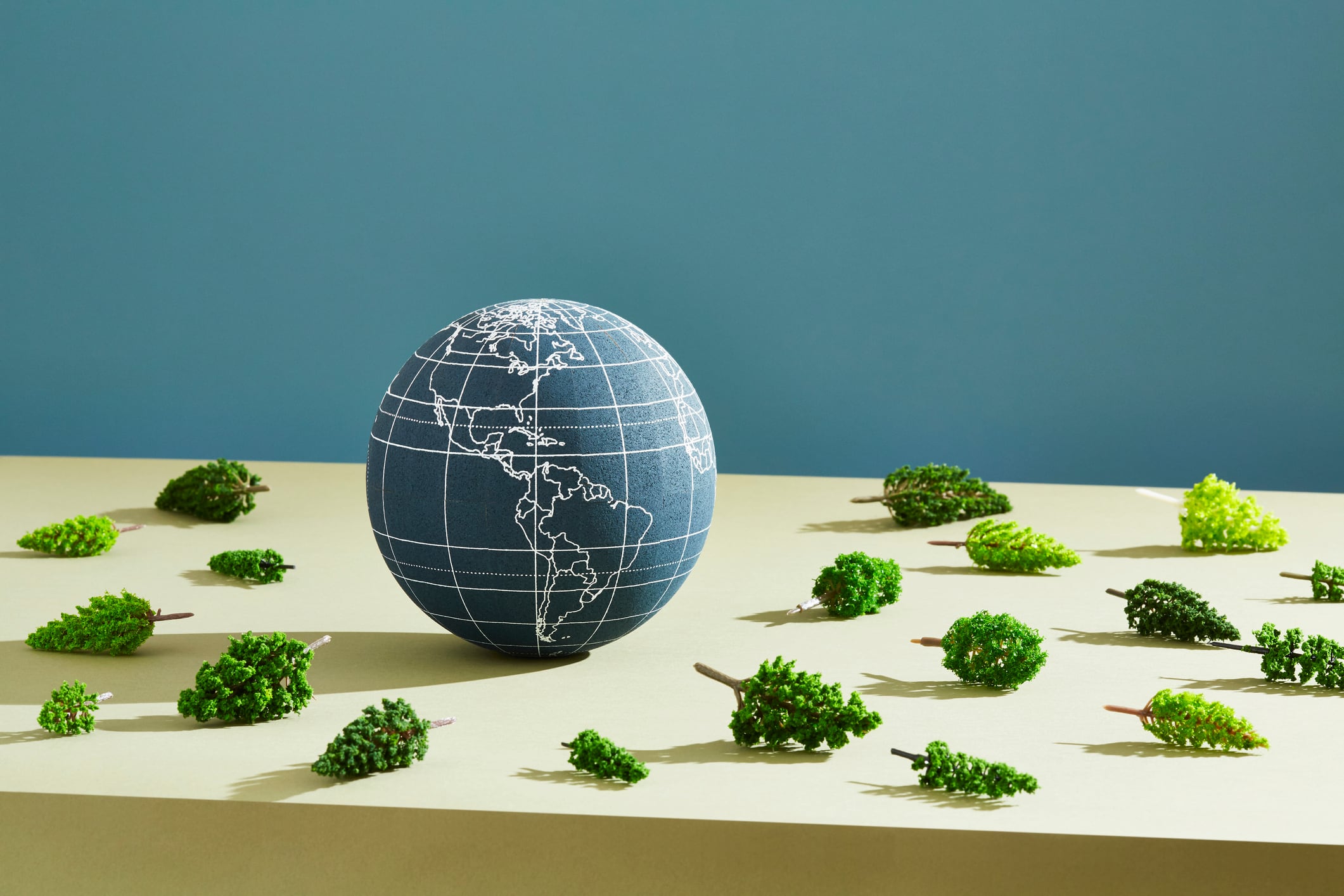
The EU council has backed a year-long delay of the landmark regulation
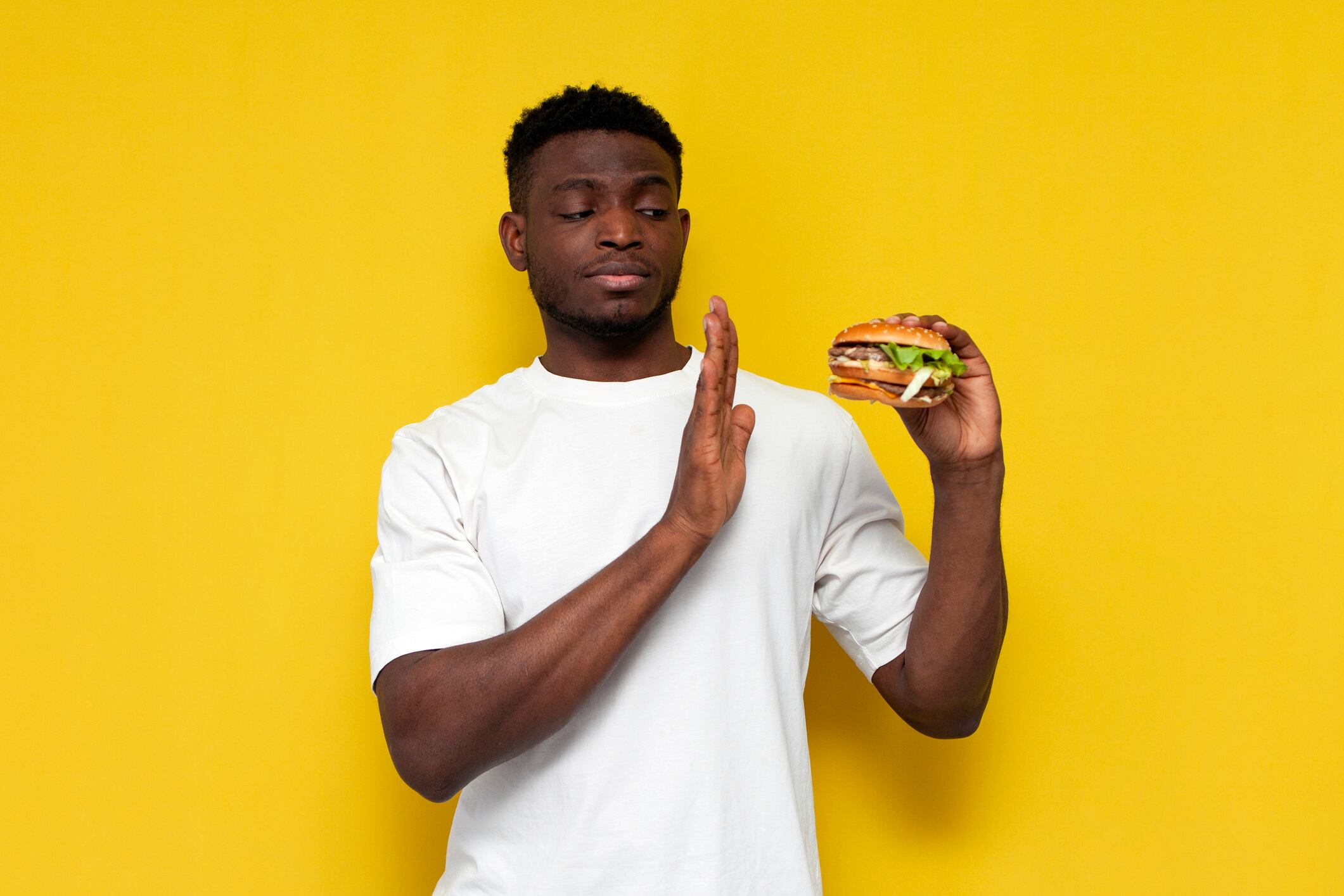
Alternative proteins have lost a lot of popularity in recent years, and this is reflected in IP activity
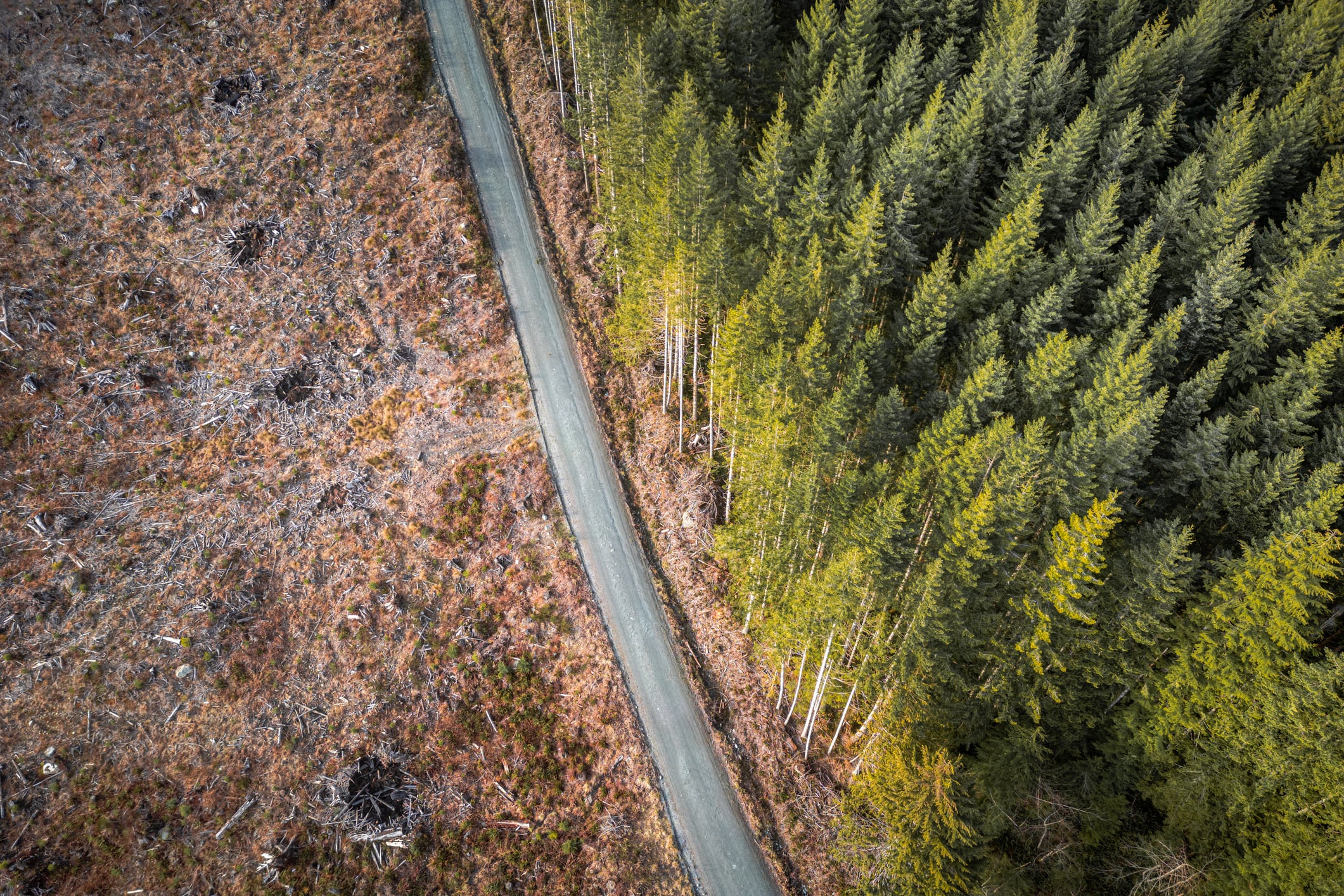
Despite opposition from key industry players such as Ferrero and Nestlé, a one-year postponement may still take place

Sweeping alterations to the EU’s deforestation regulation changes the game for compliance and enforcement

The price of sugar will not stay low forever
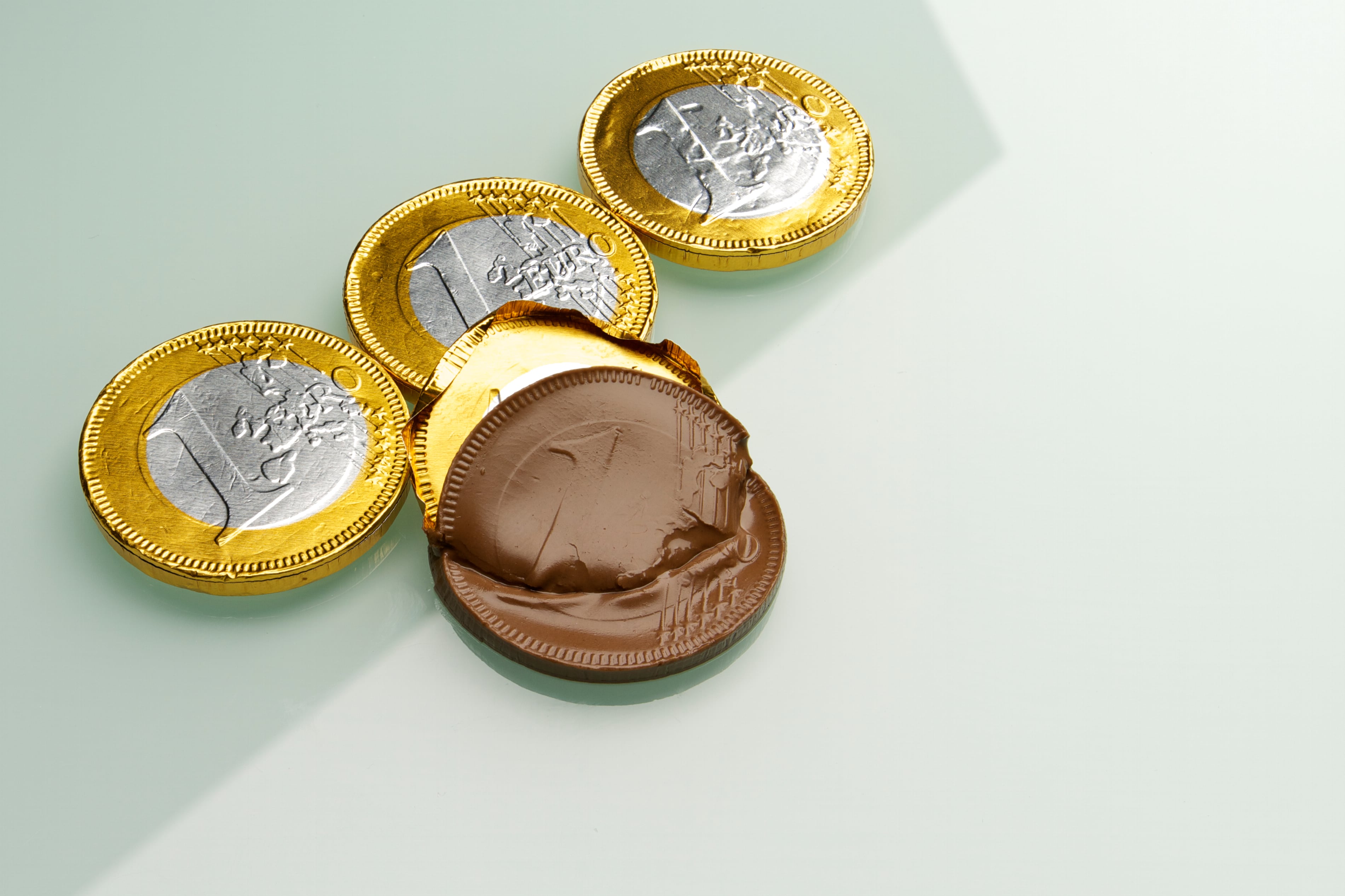
The largest players in food are making bold decisions in an effort to boost growth
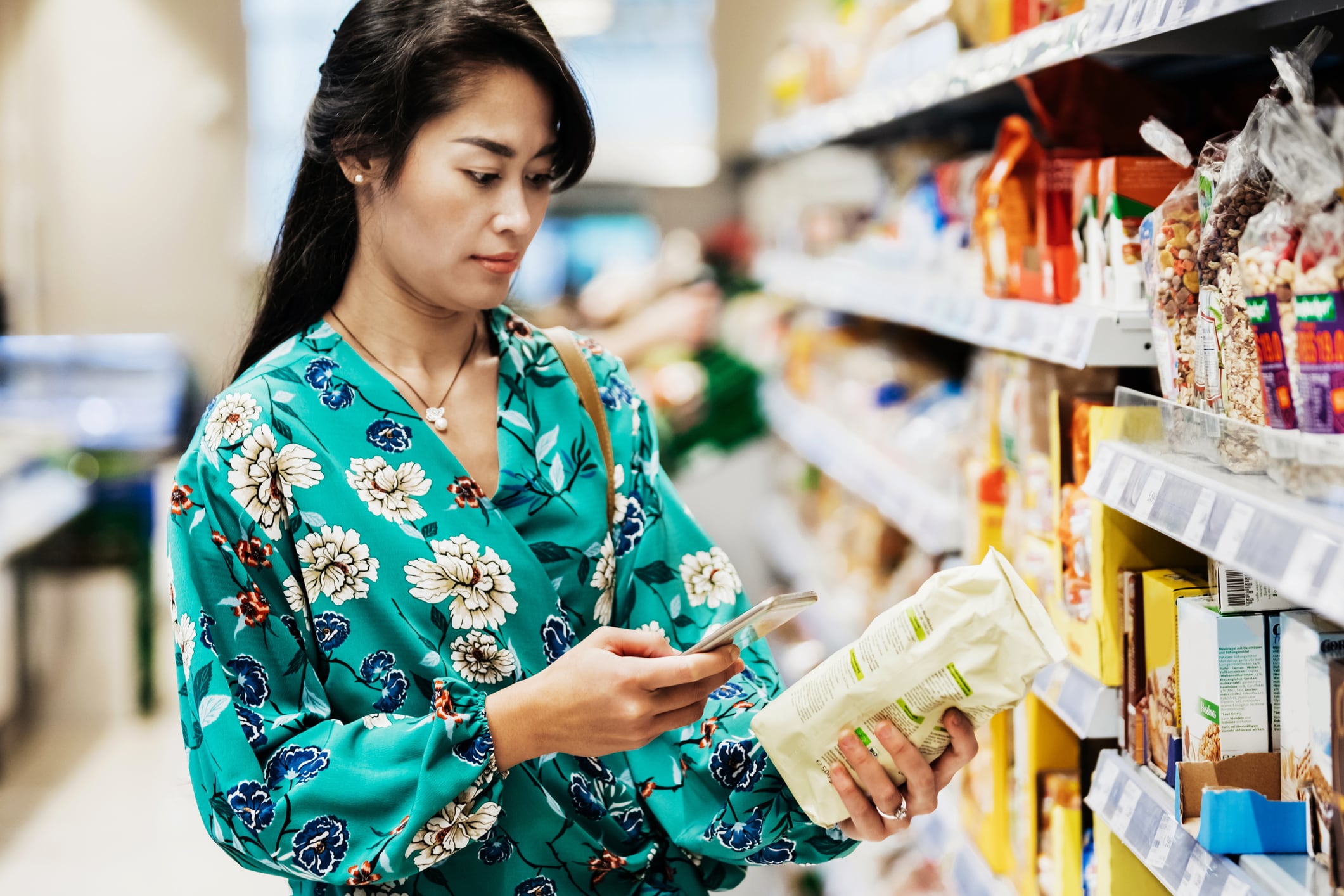
Consumers want specific kinds of information about their food

Looking back at our Sustainable September initiative, where does the food and drink industry thrive and fall?

Cadbury Heroes gets a sustainable makeover as Mondelēz trials paper tubs
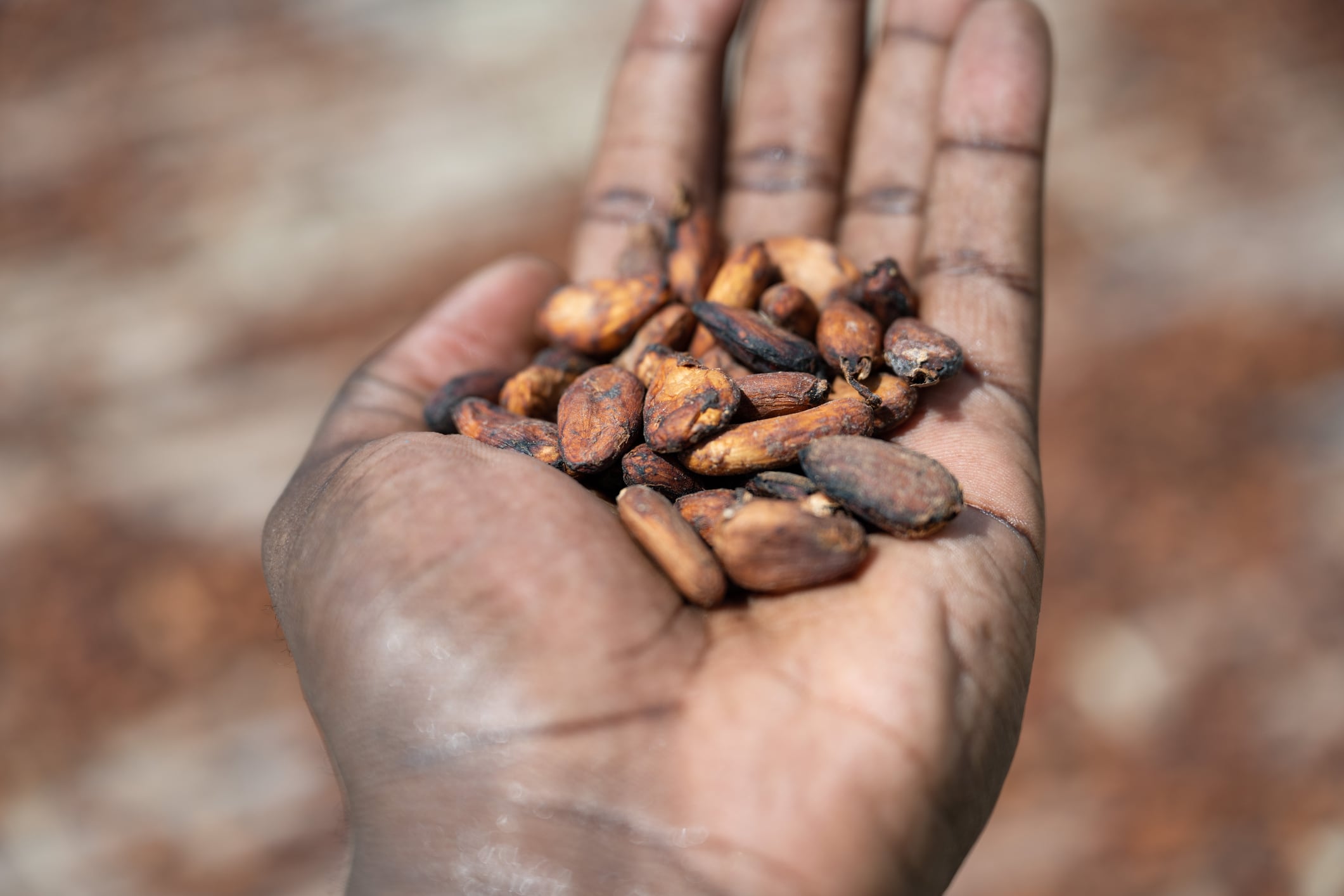
Events on the ground in producing countries will have significant effects on prices
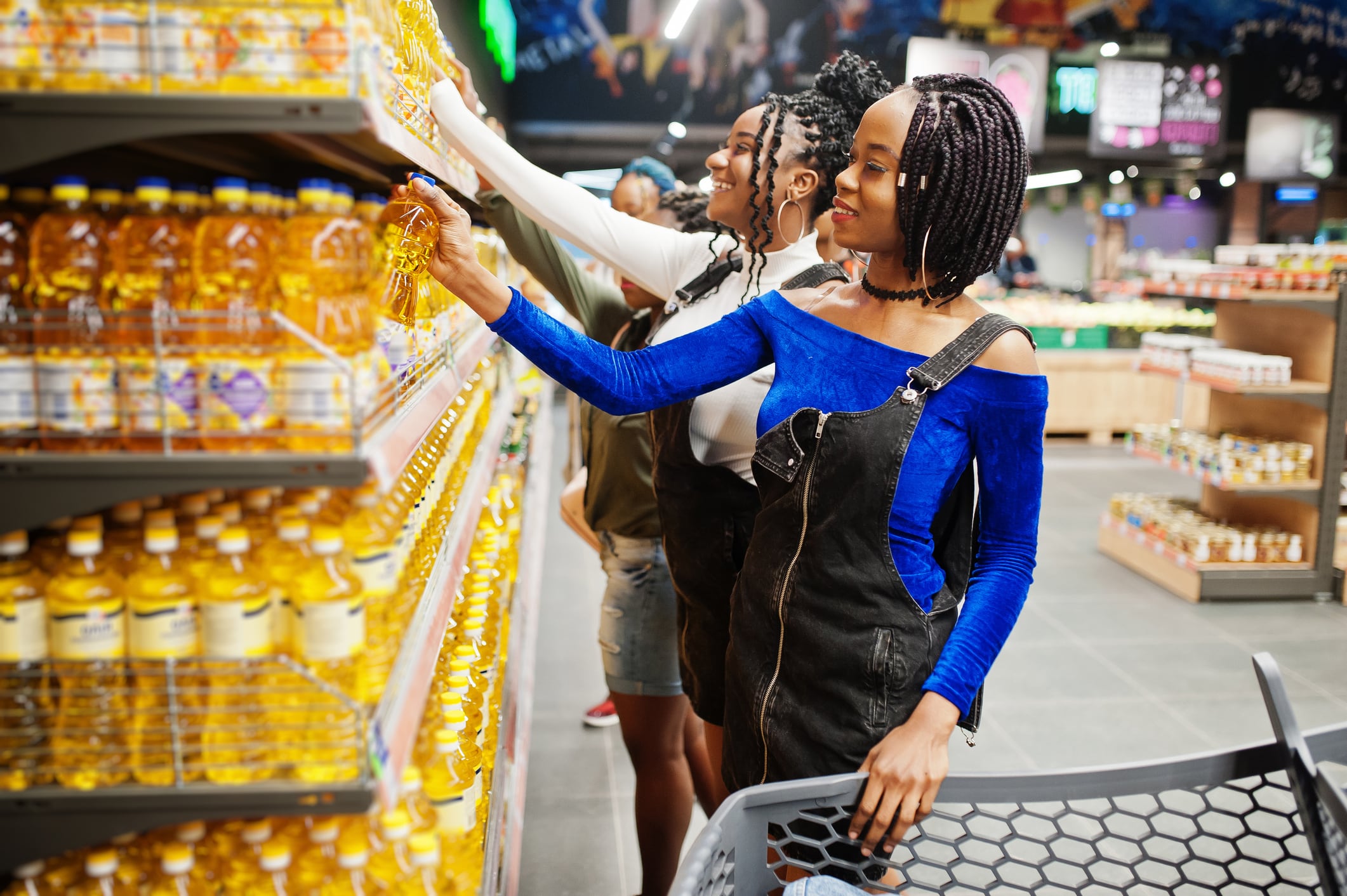
A new study suggests palm oil use is not as widespread as previously thought
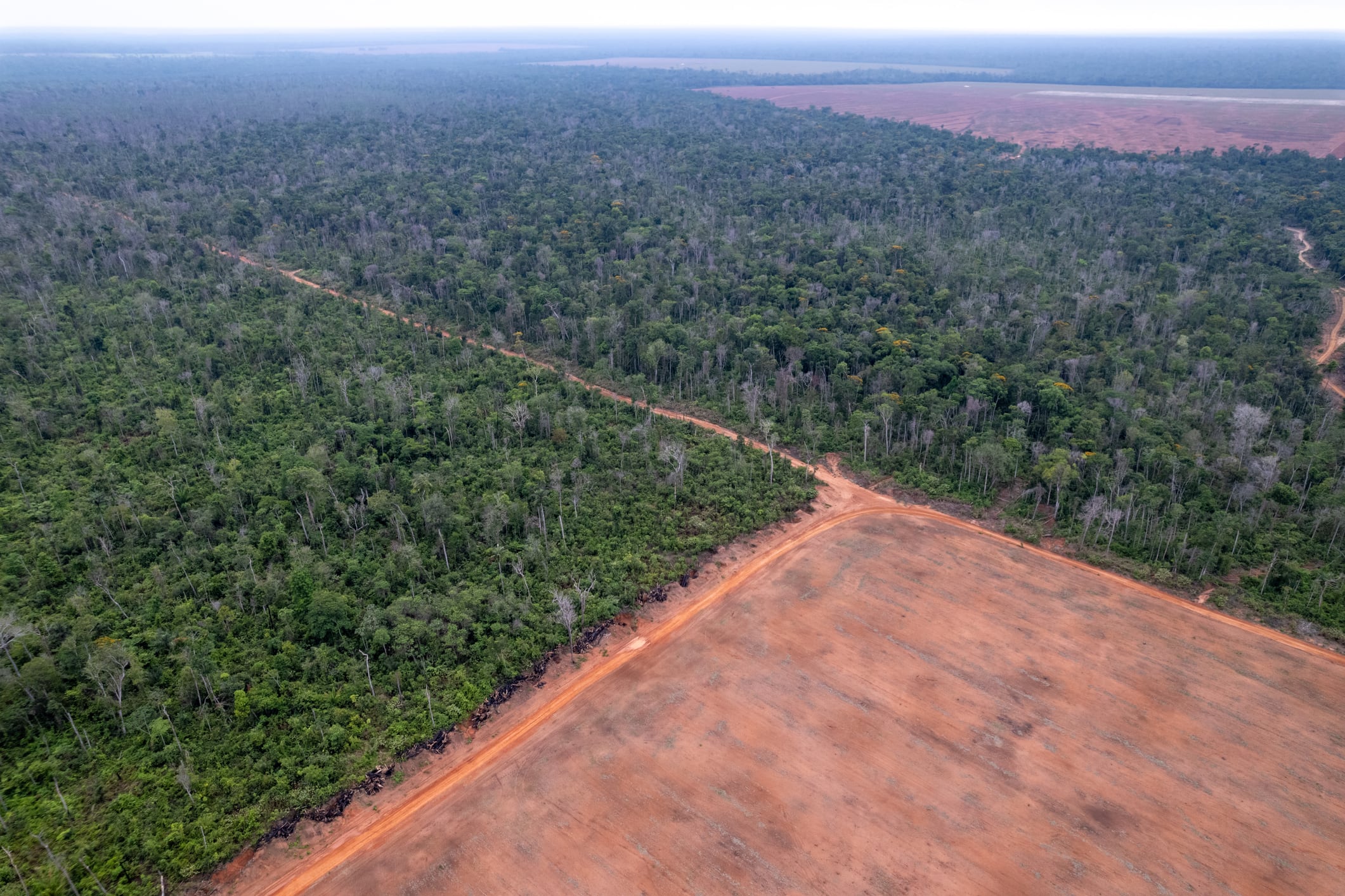
Downstream operators will not be required to submit due diligence statements

Problems with the system, through which businesses must submit EUDR due diligence statements, were the given reason for the regulation’s potential second delay
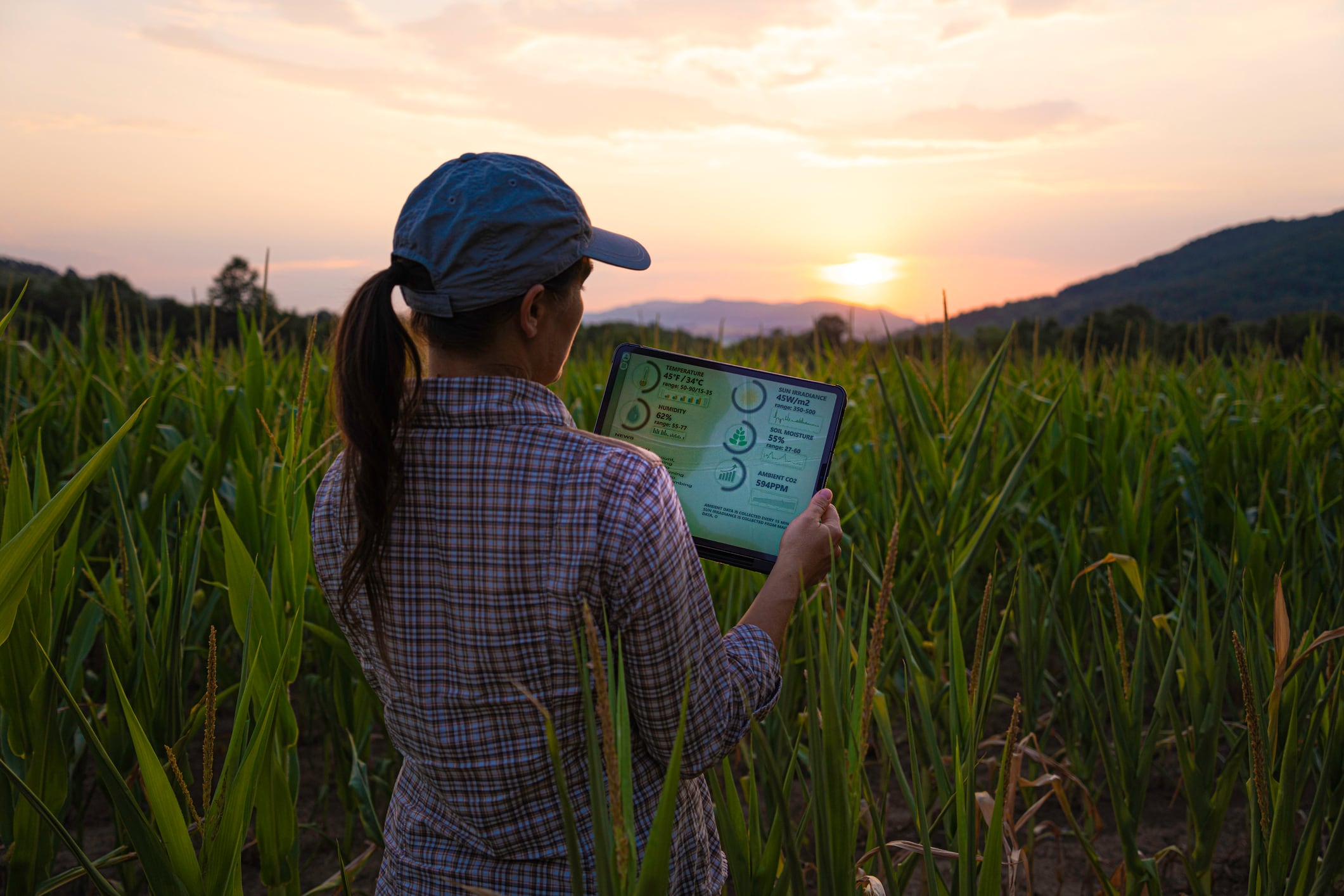
Combining tech with other forms of innovation is the only way forward
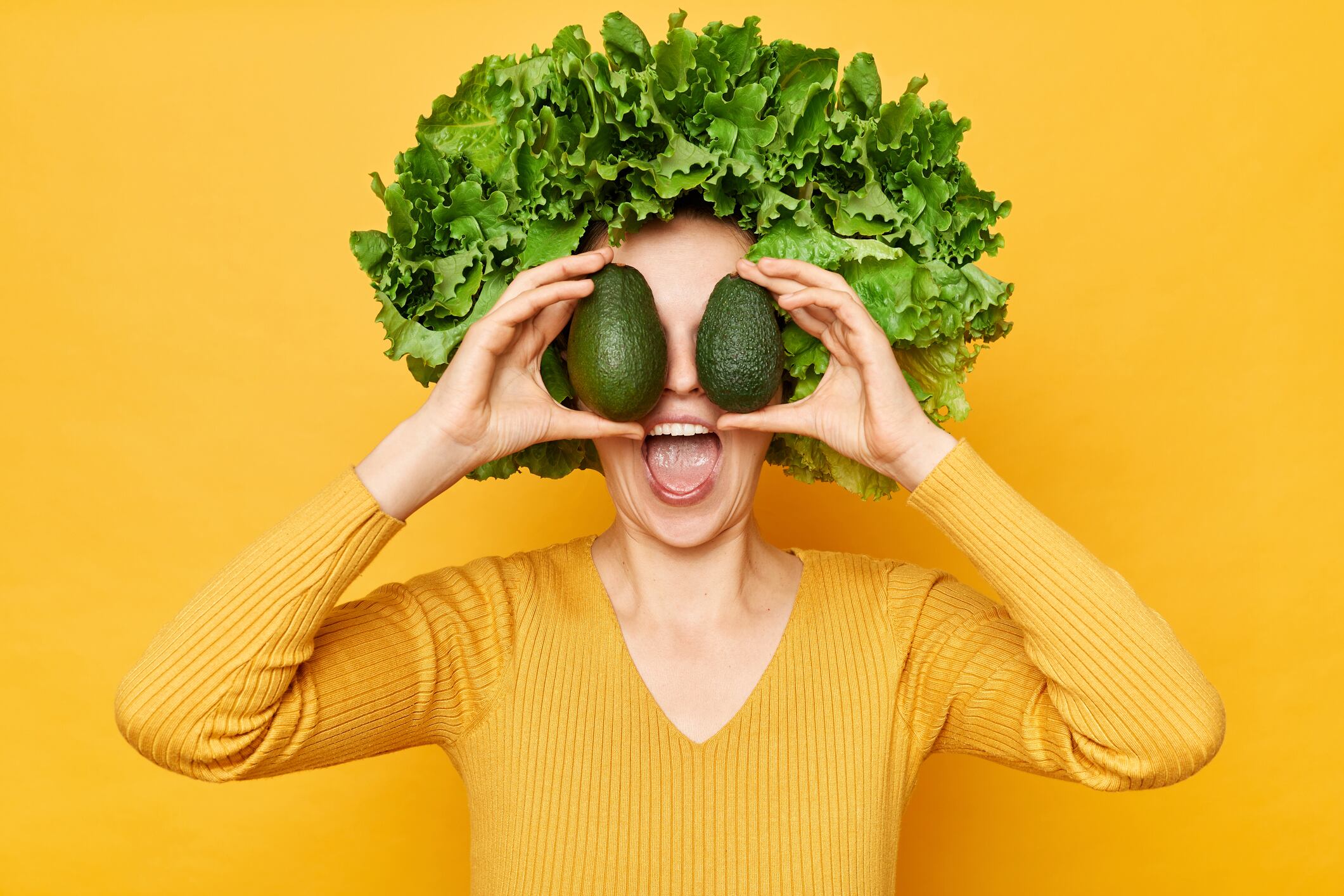
Despite the downturn in meat substitutes, the popularity of plant-based protein lives on
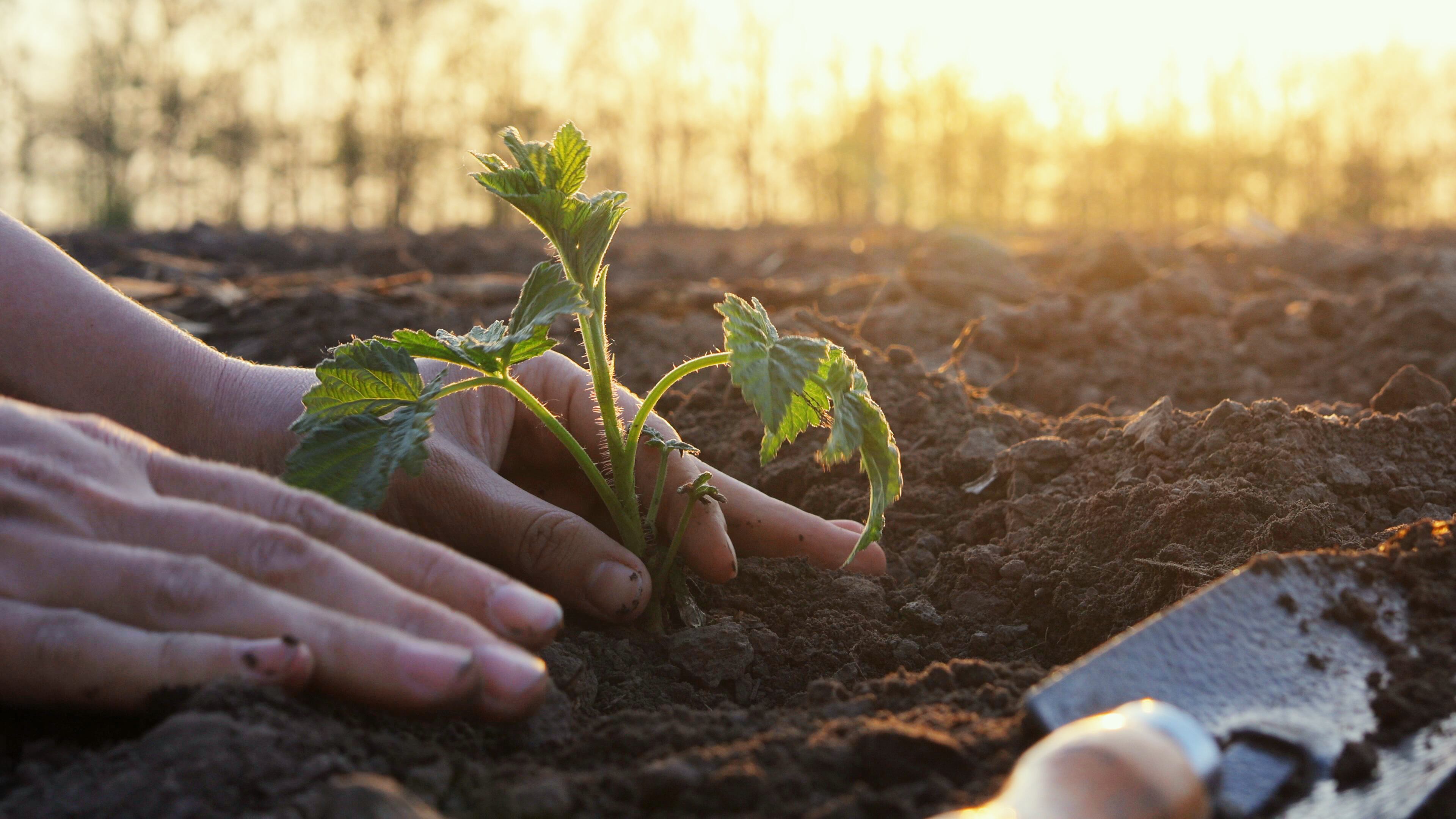
Regenerative agriculture provides more security for supply chains, believes the multinational